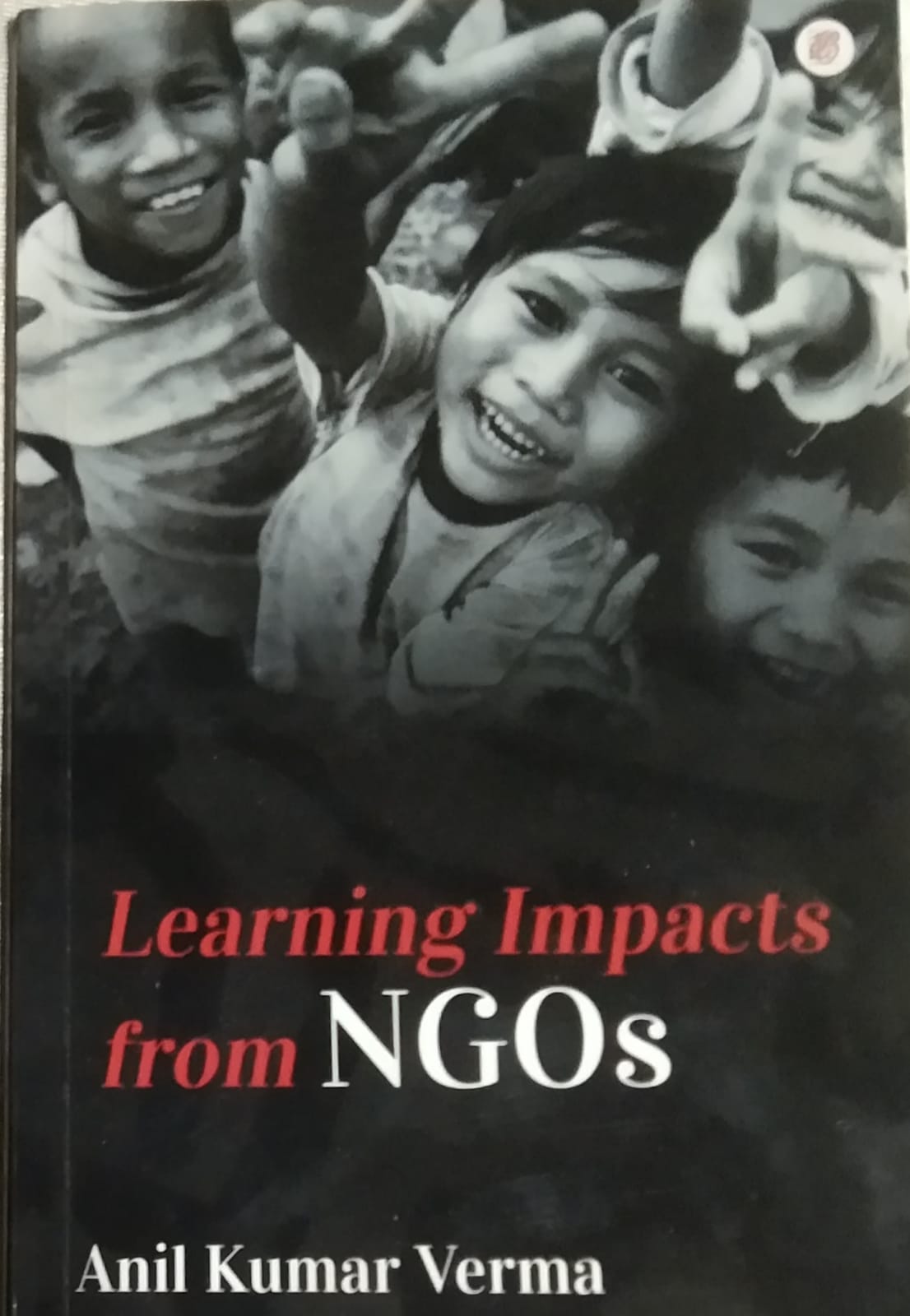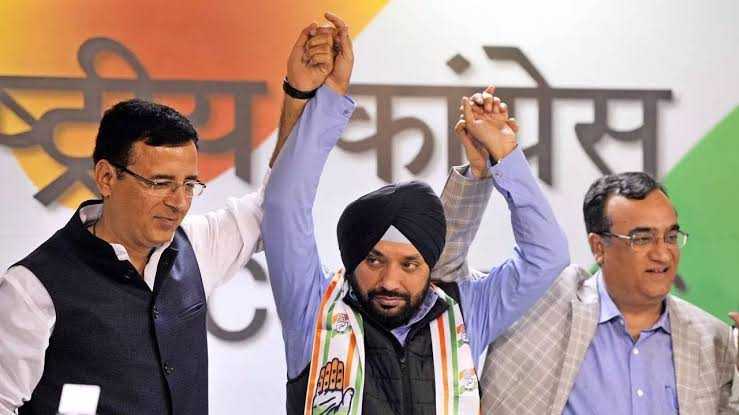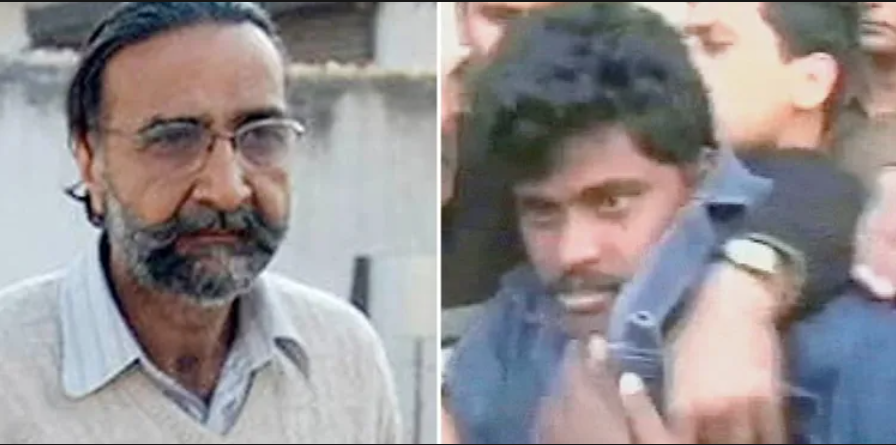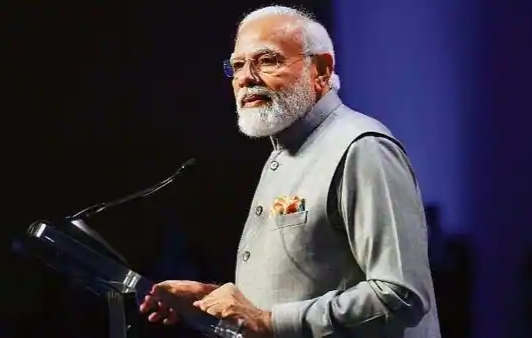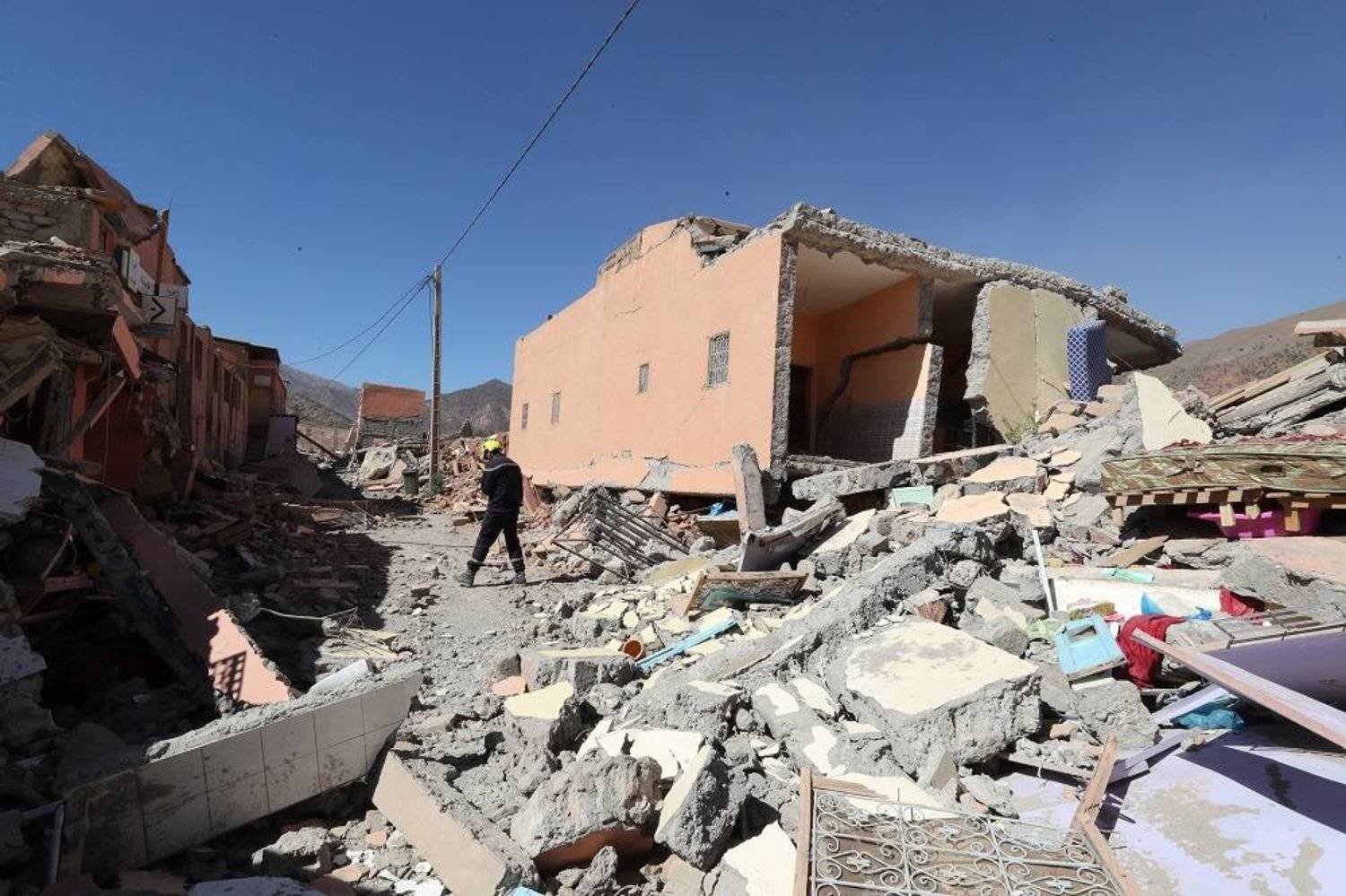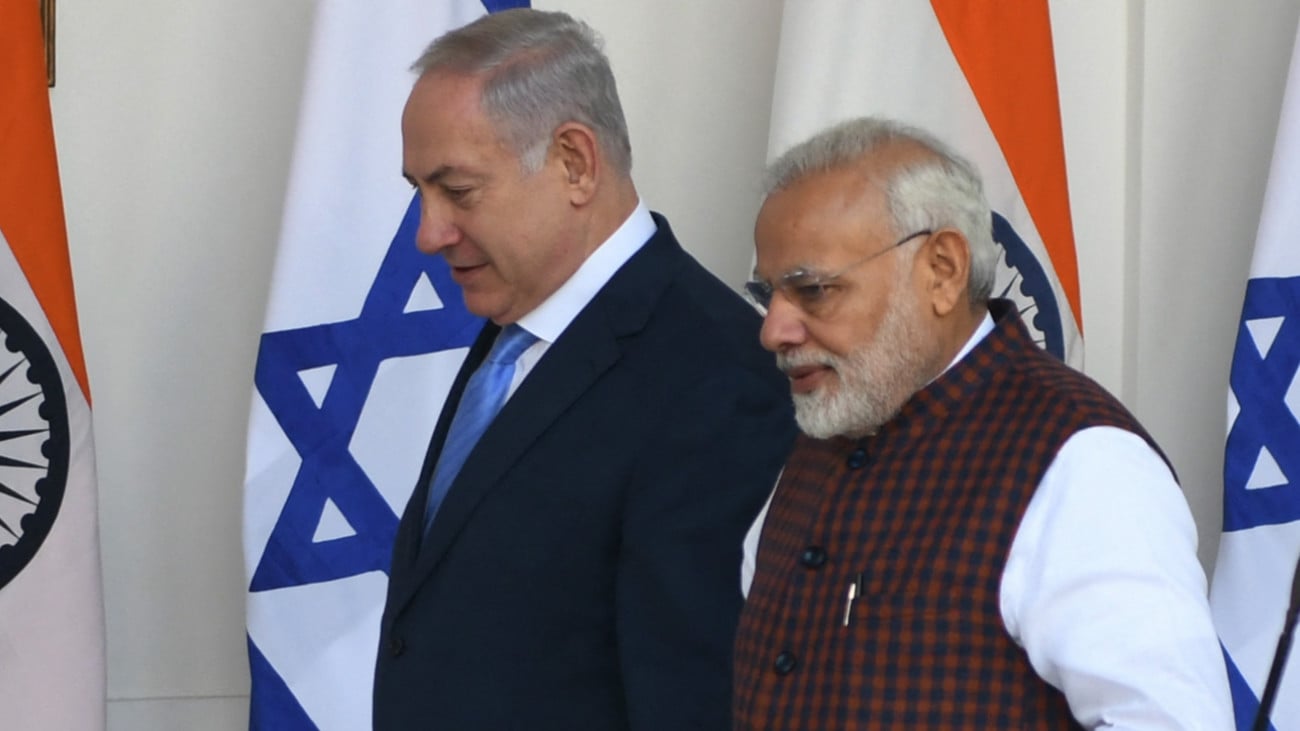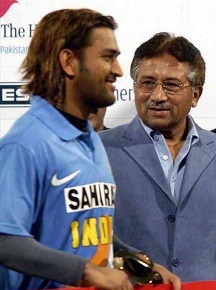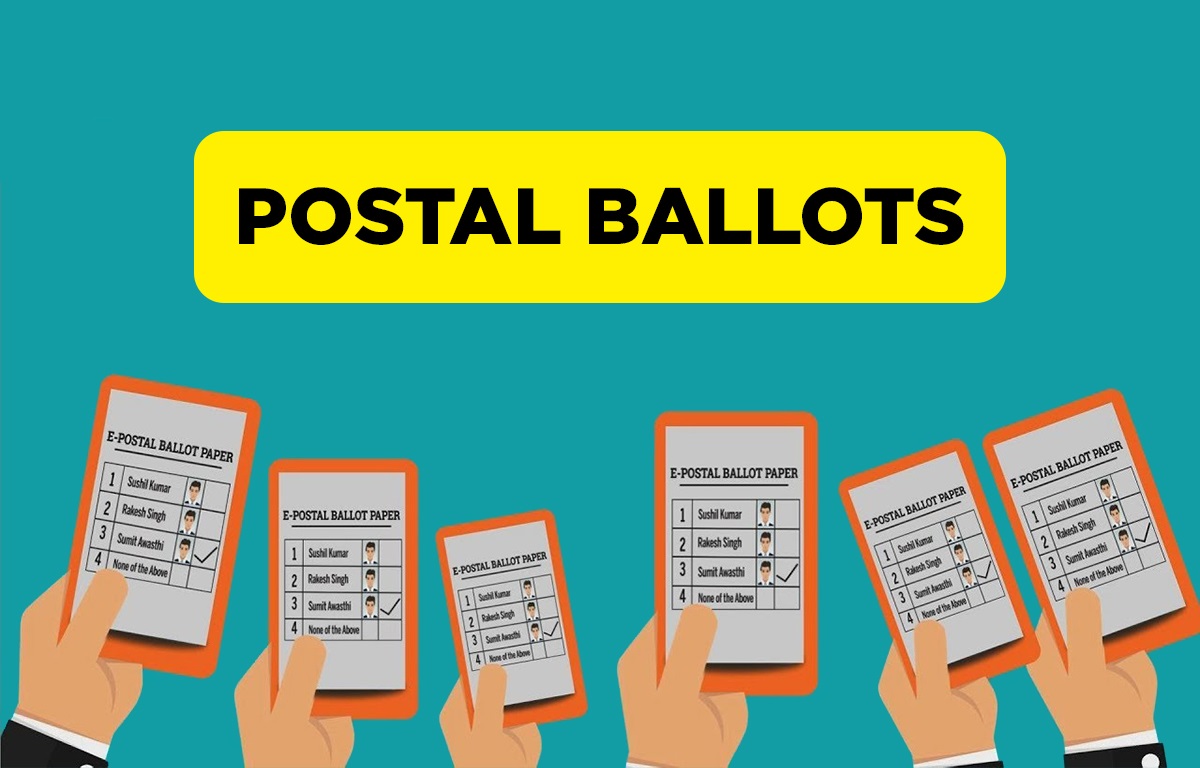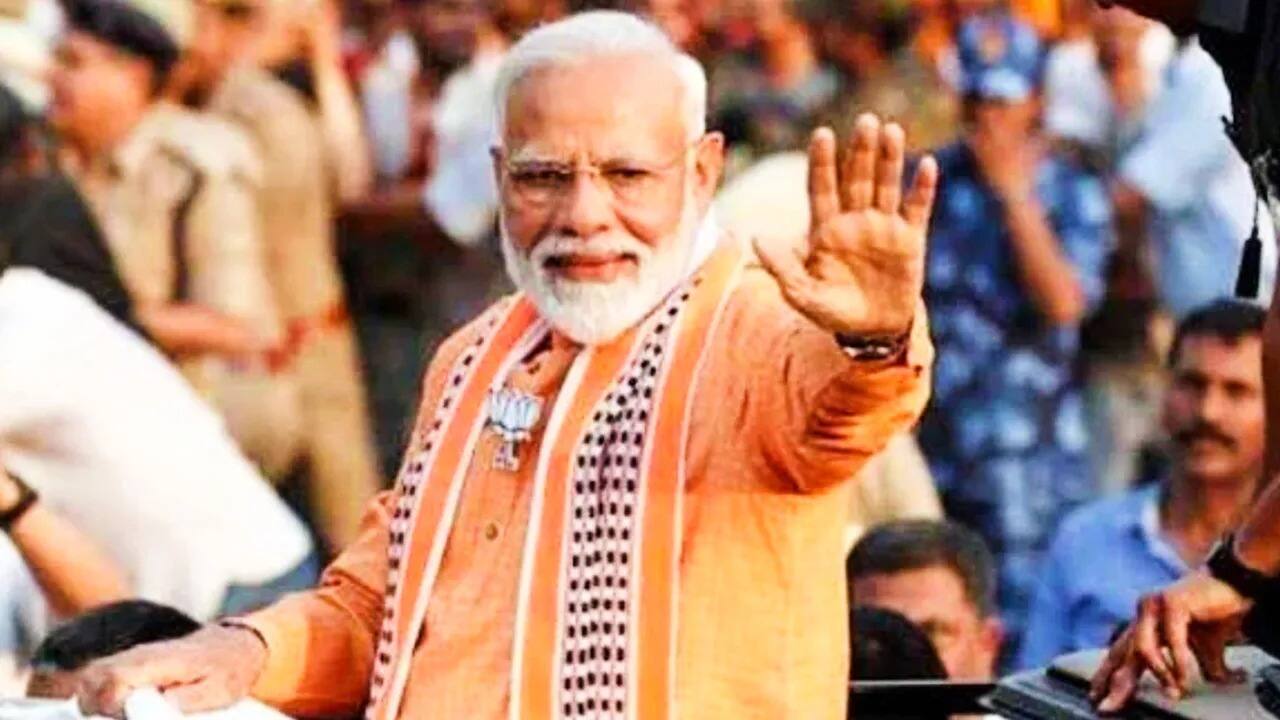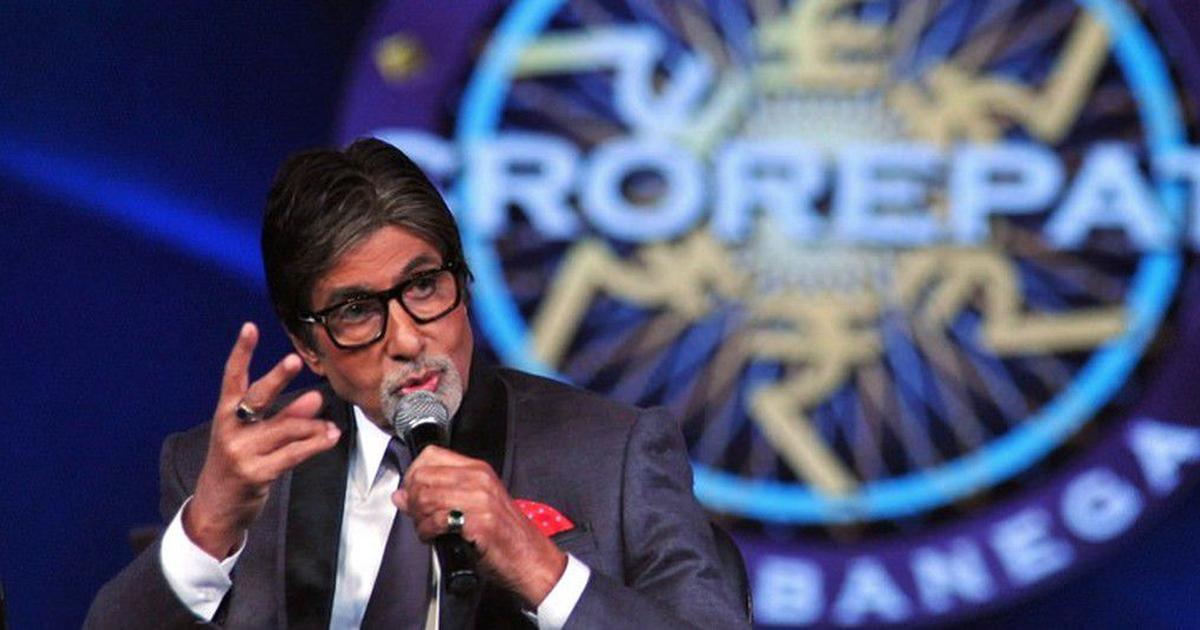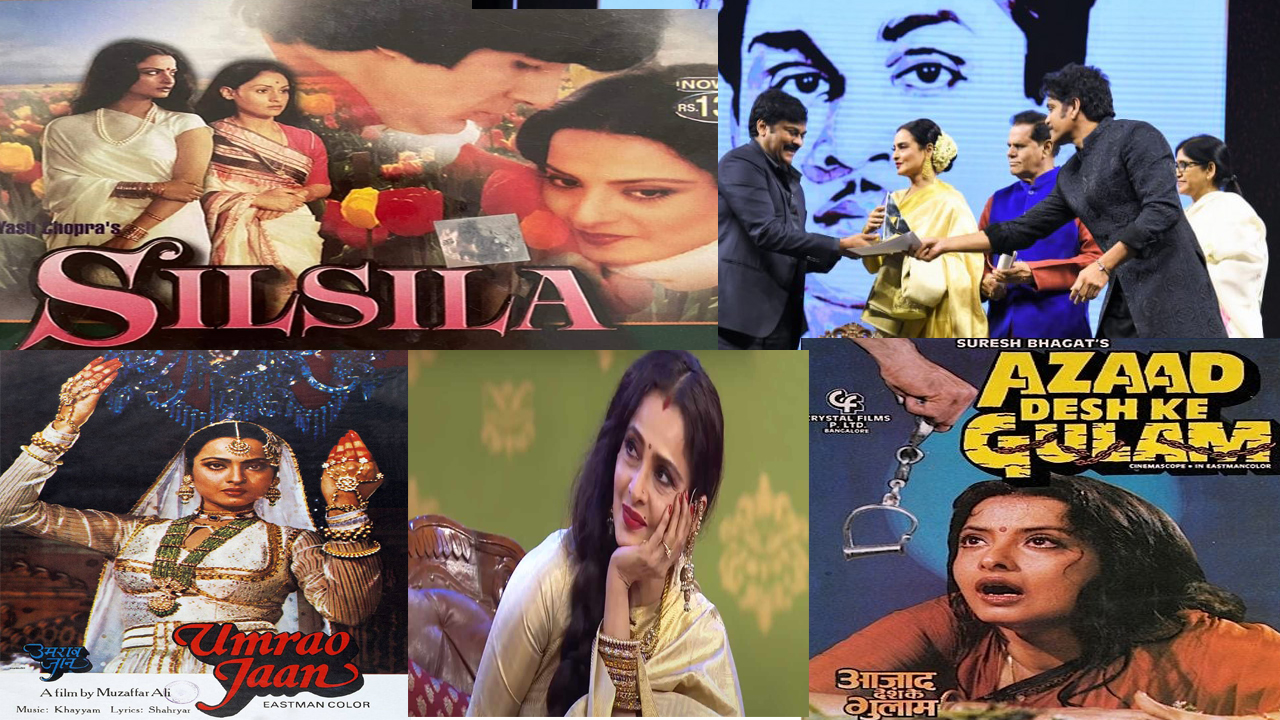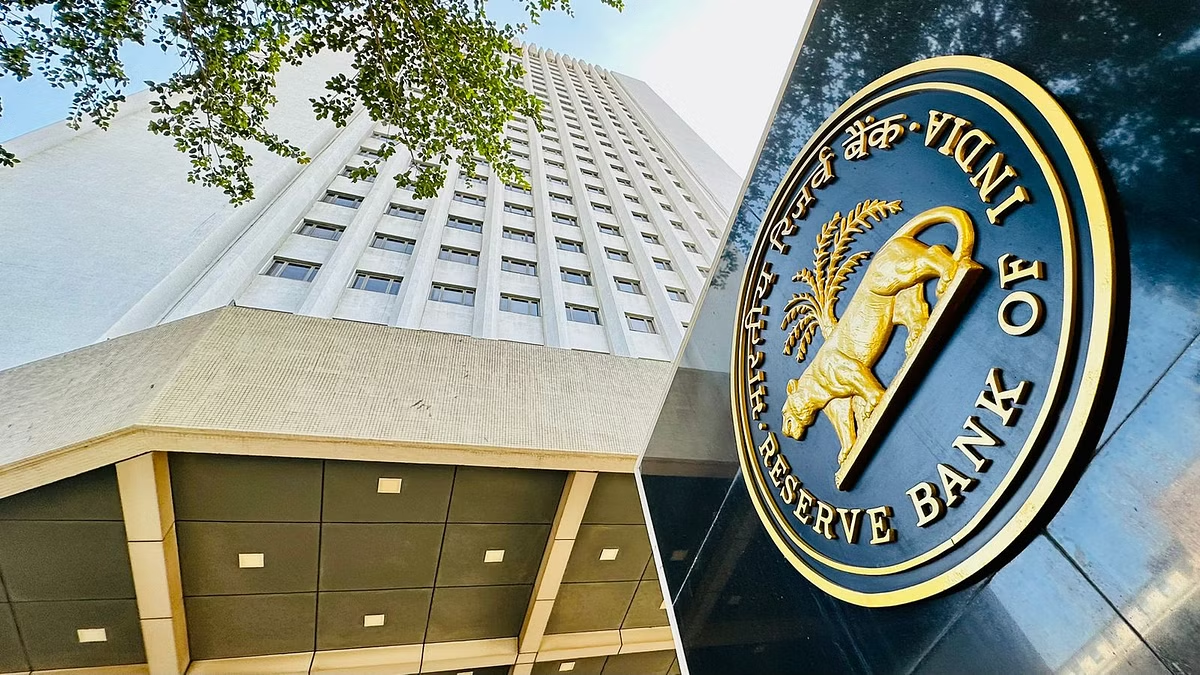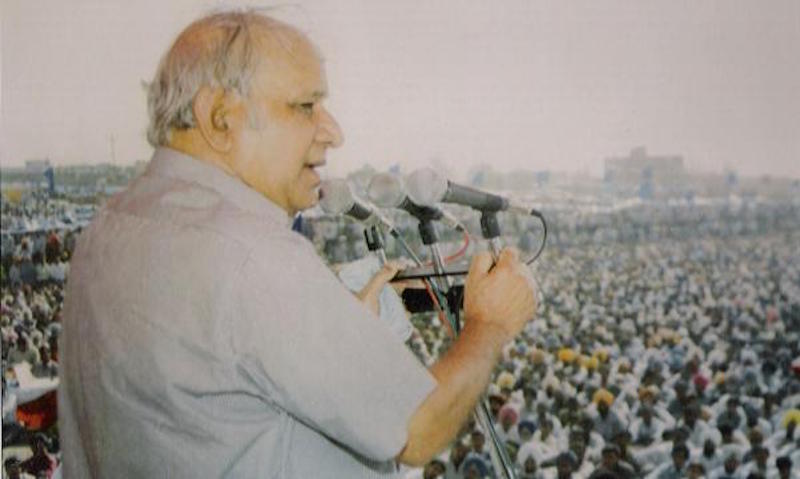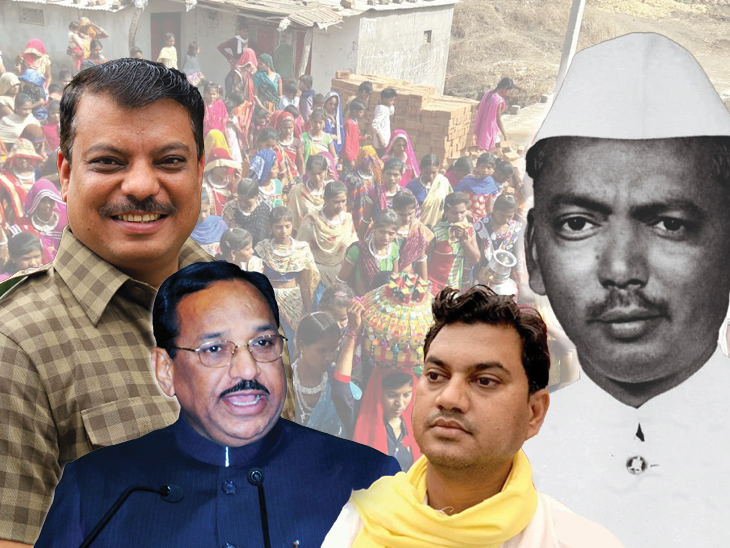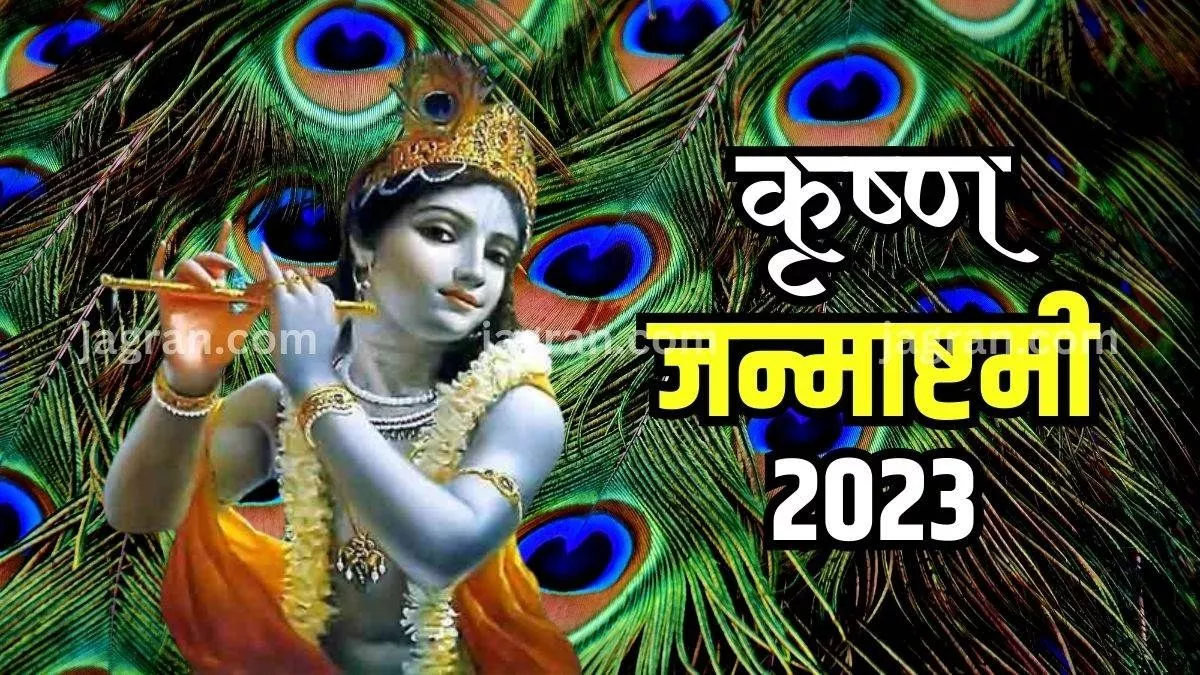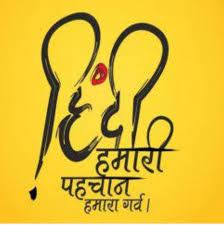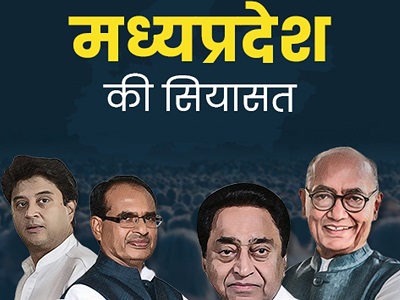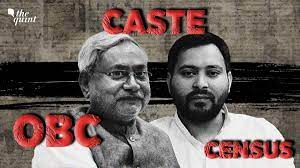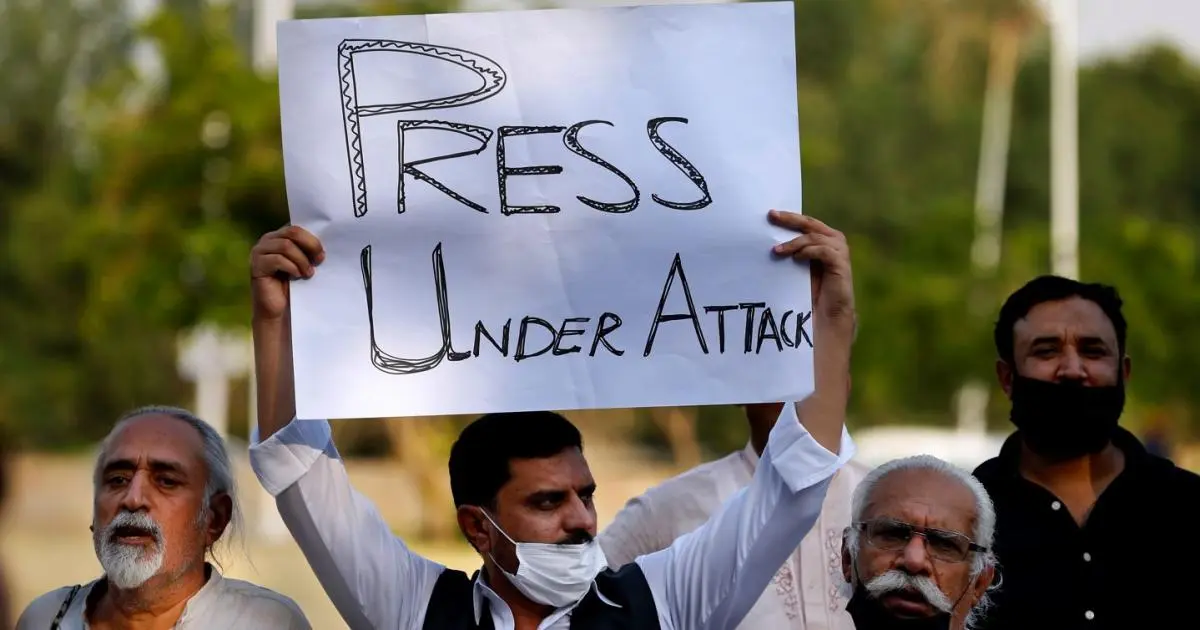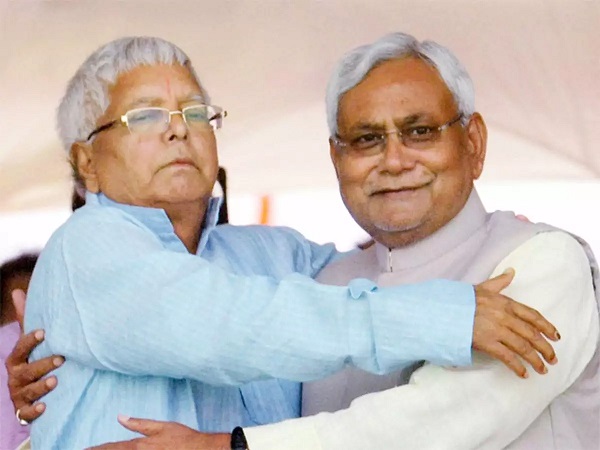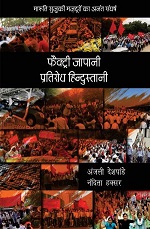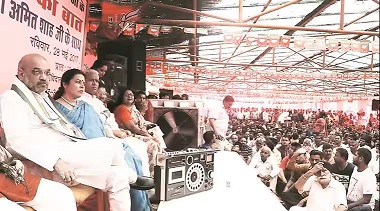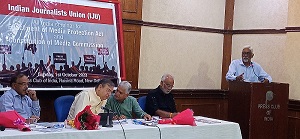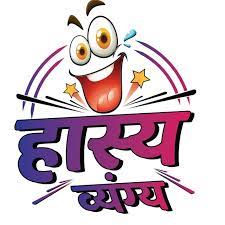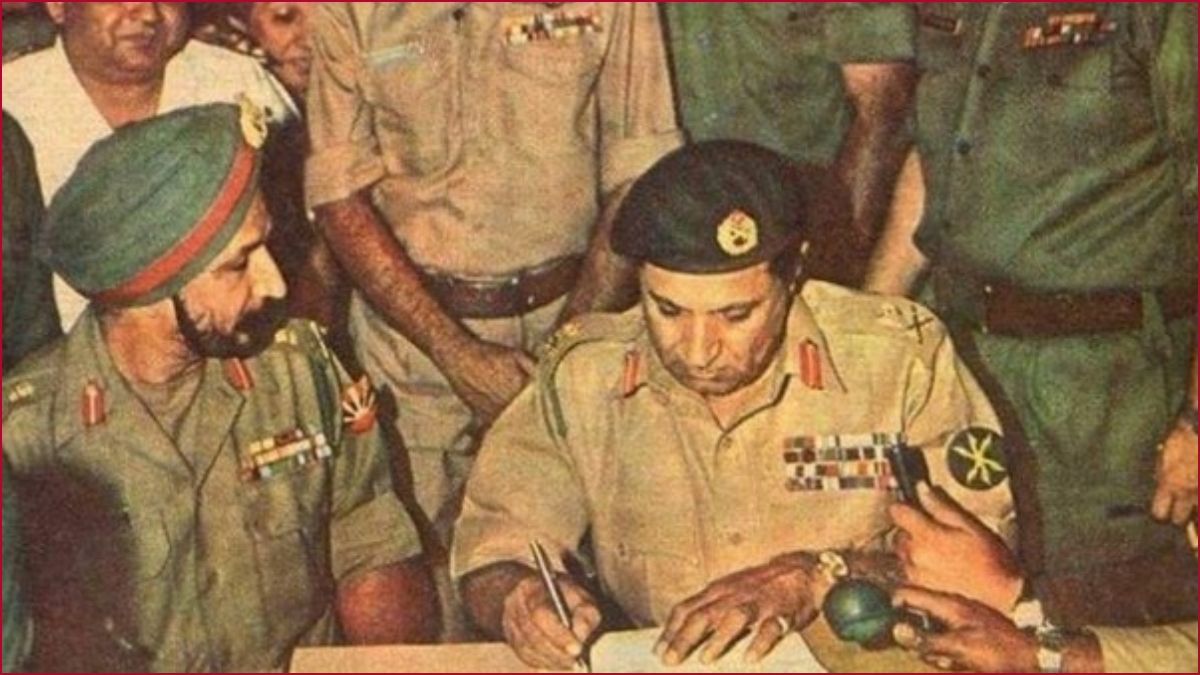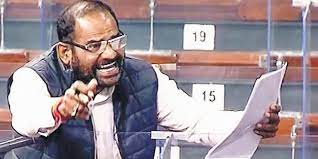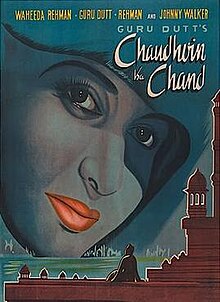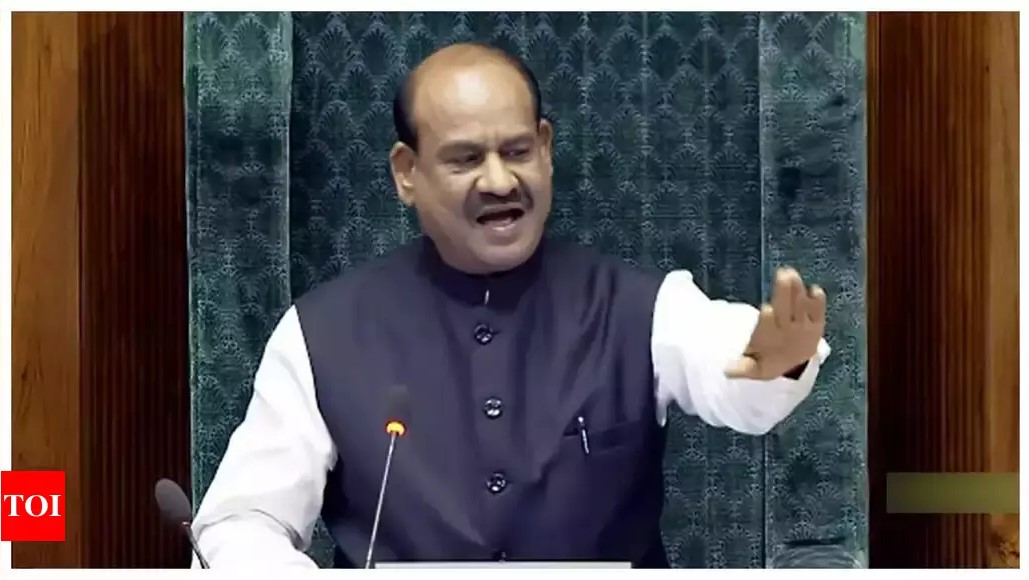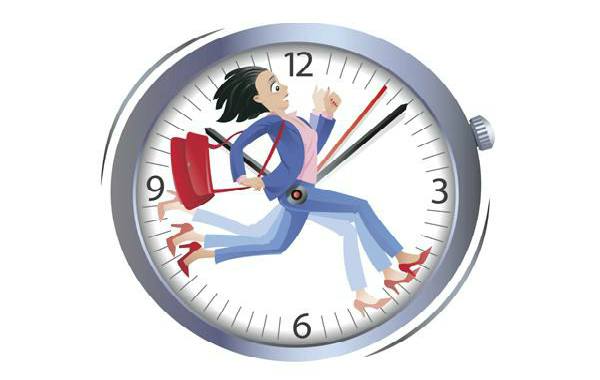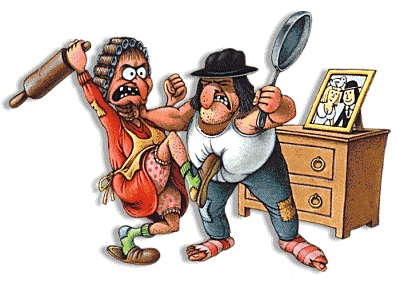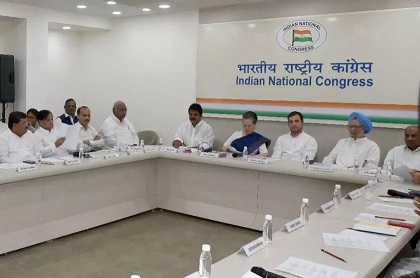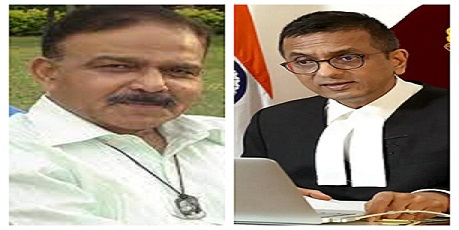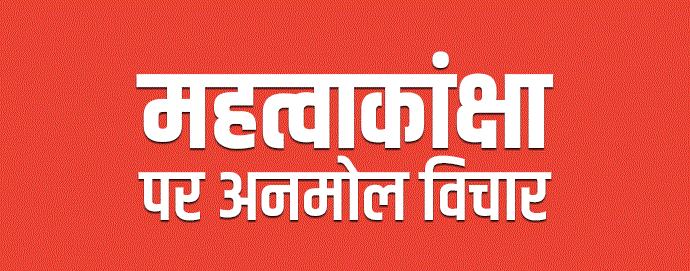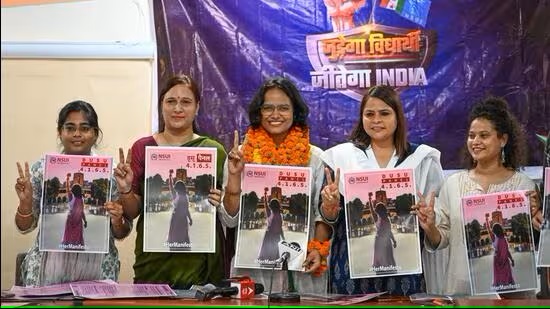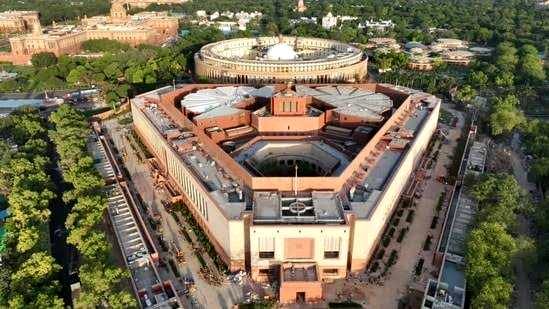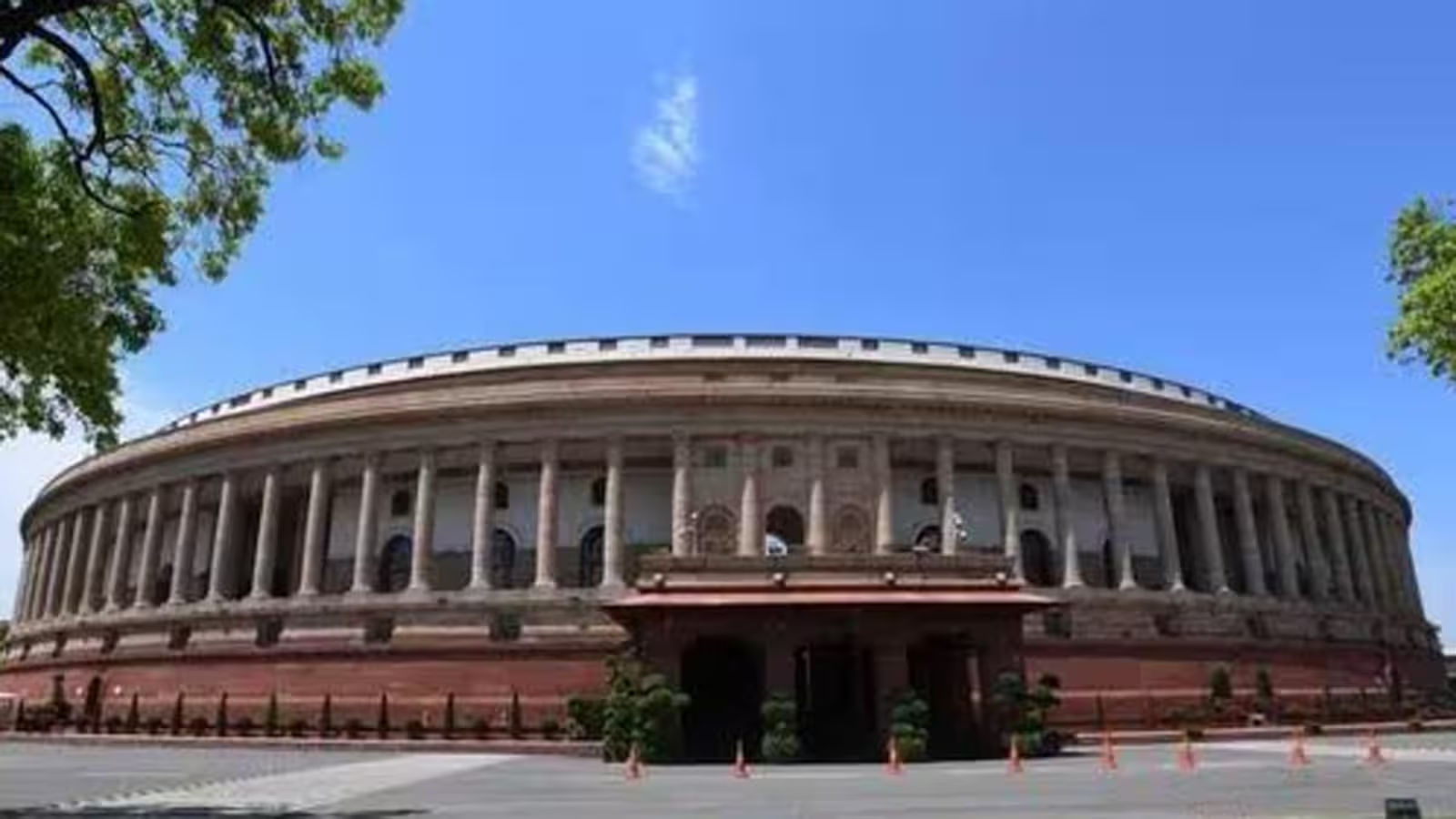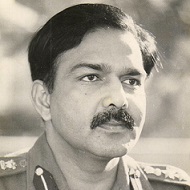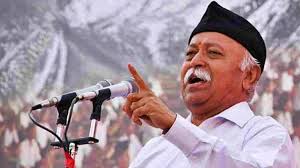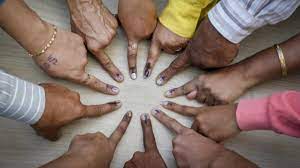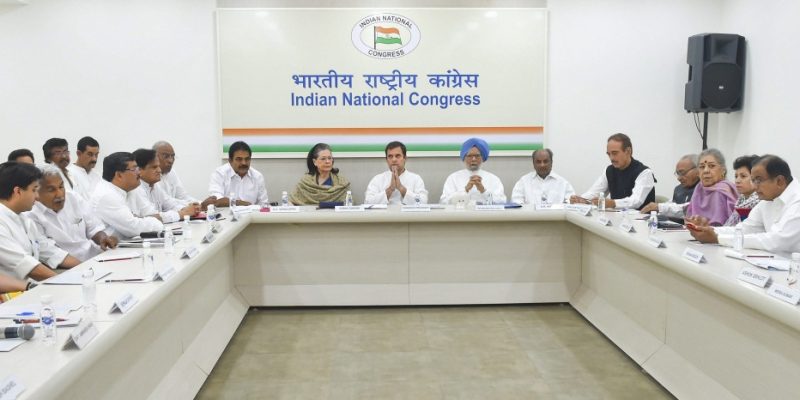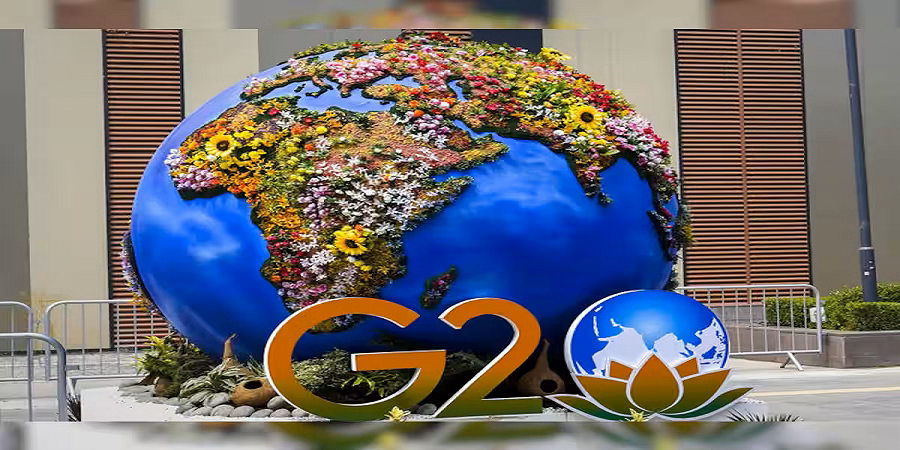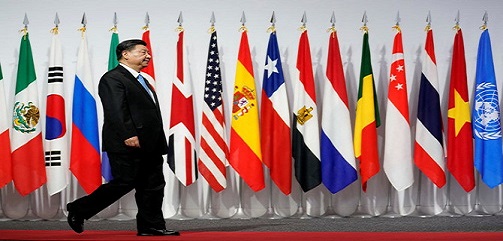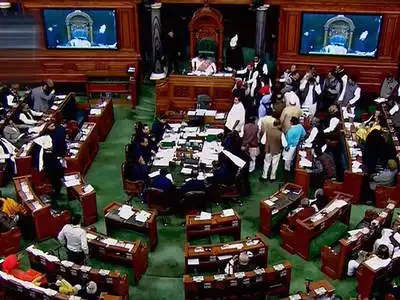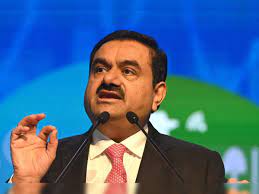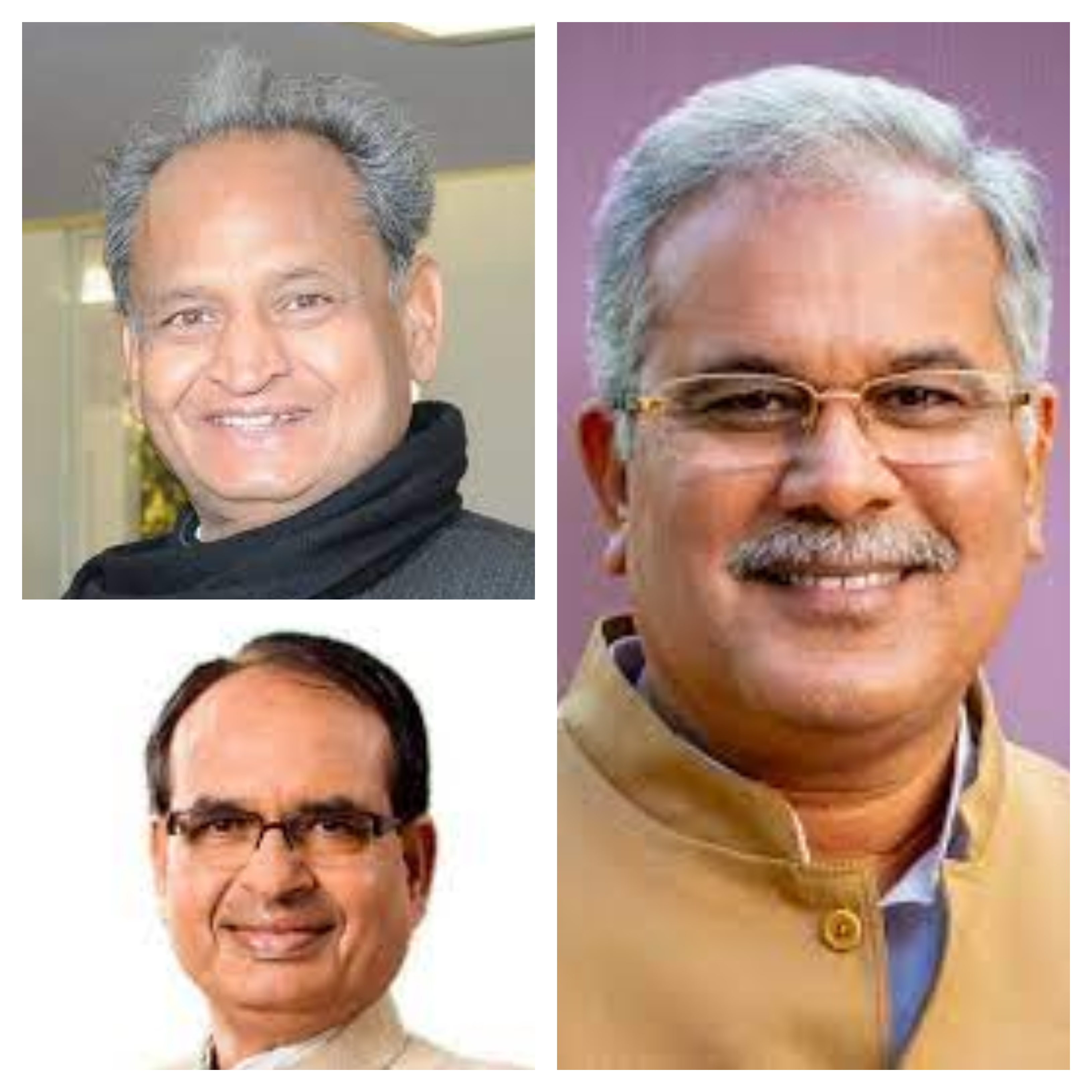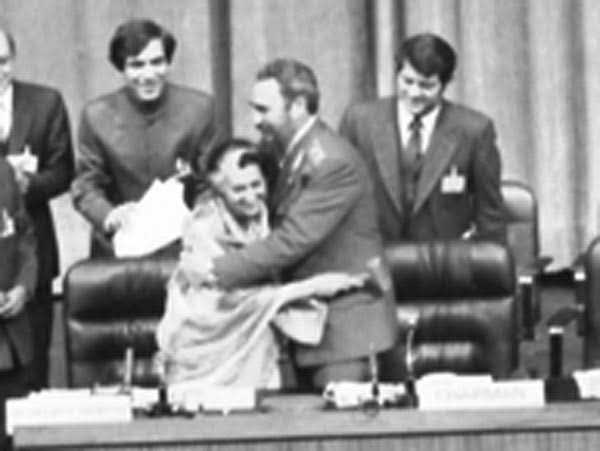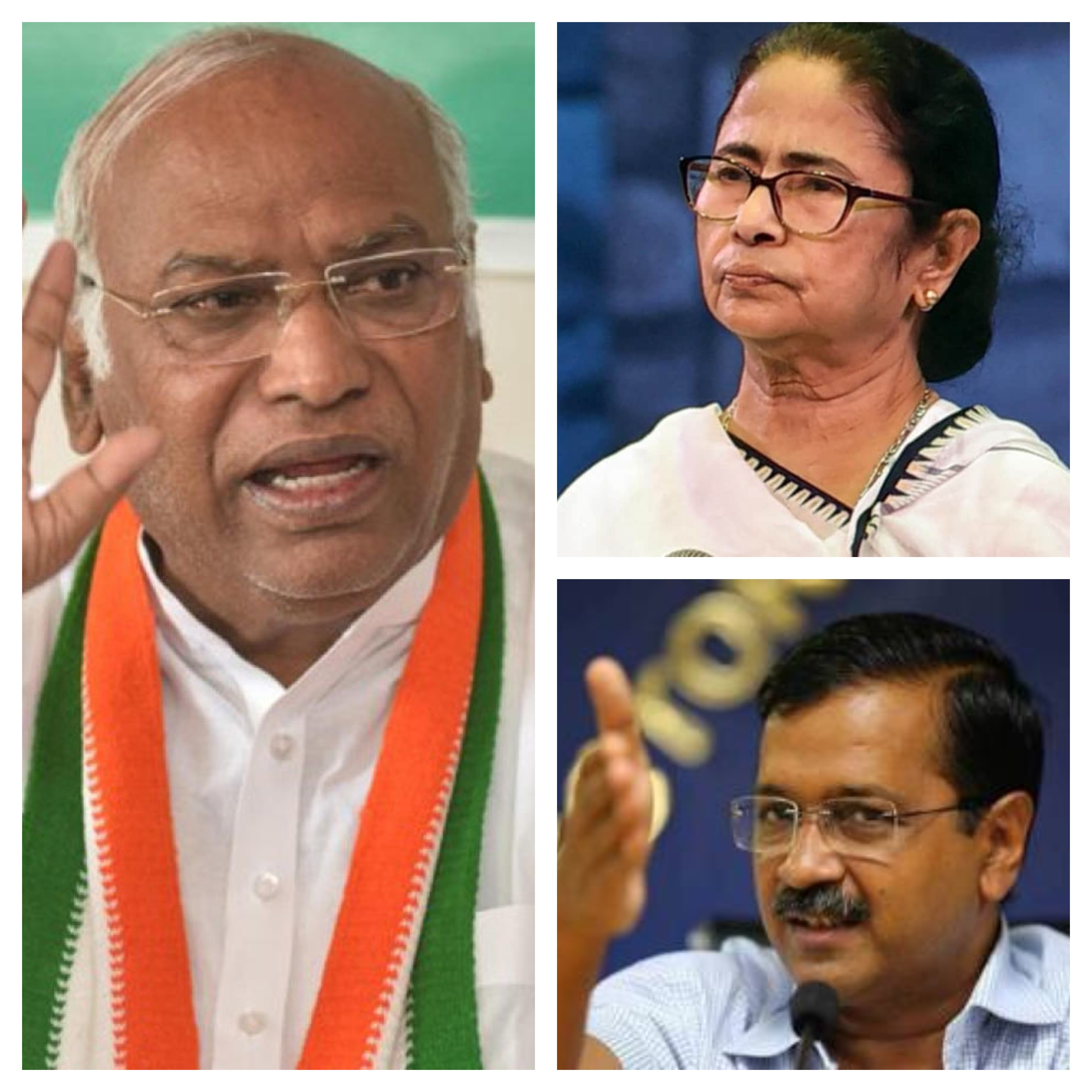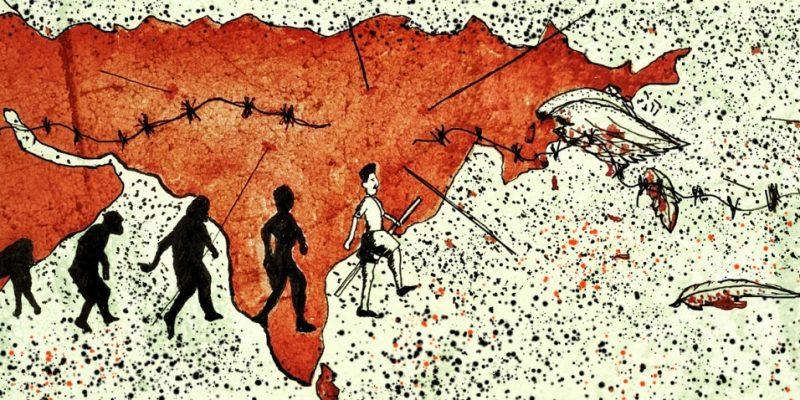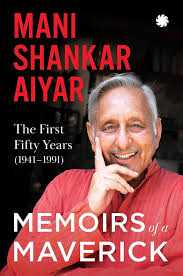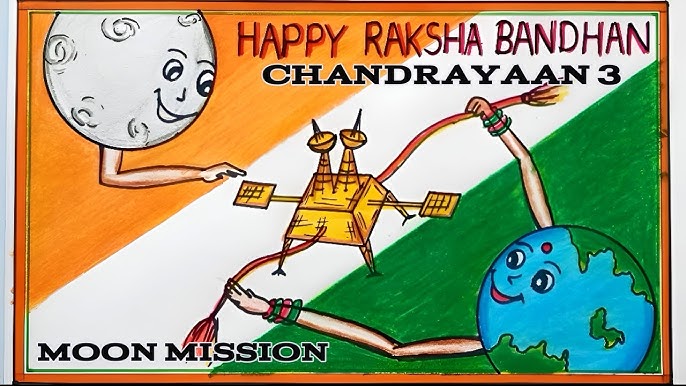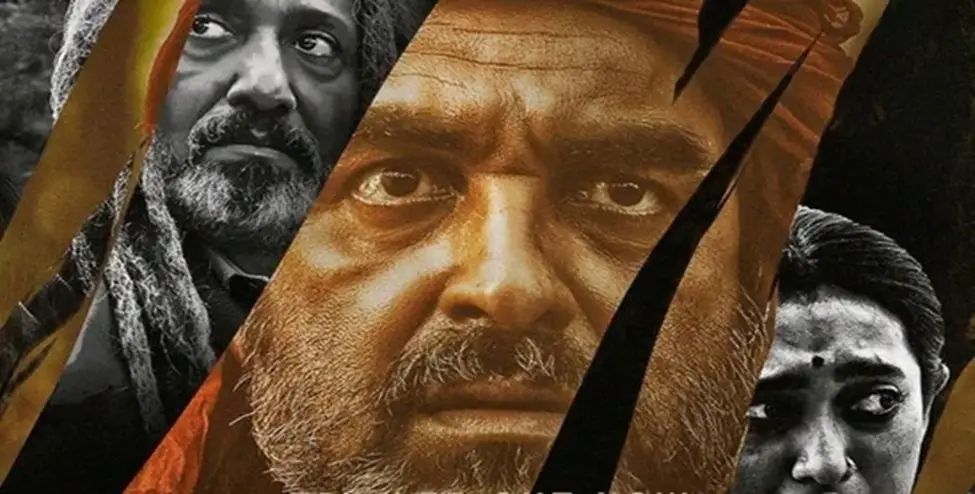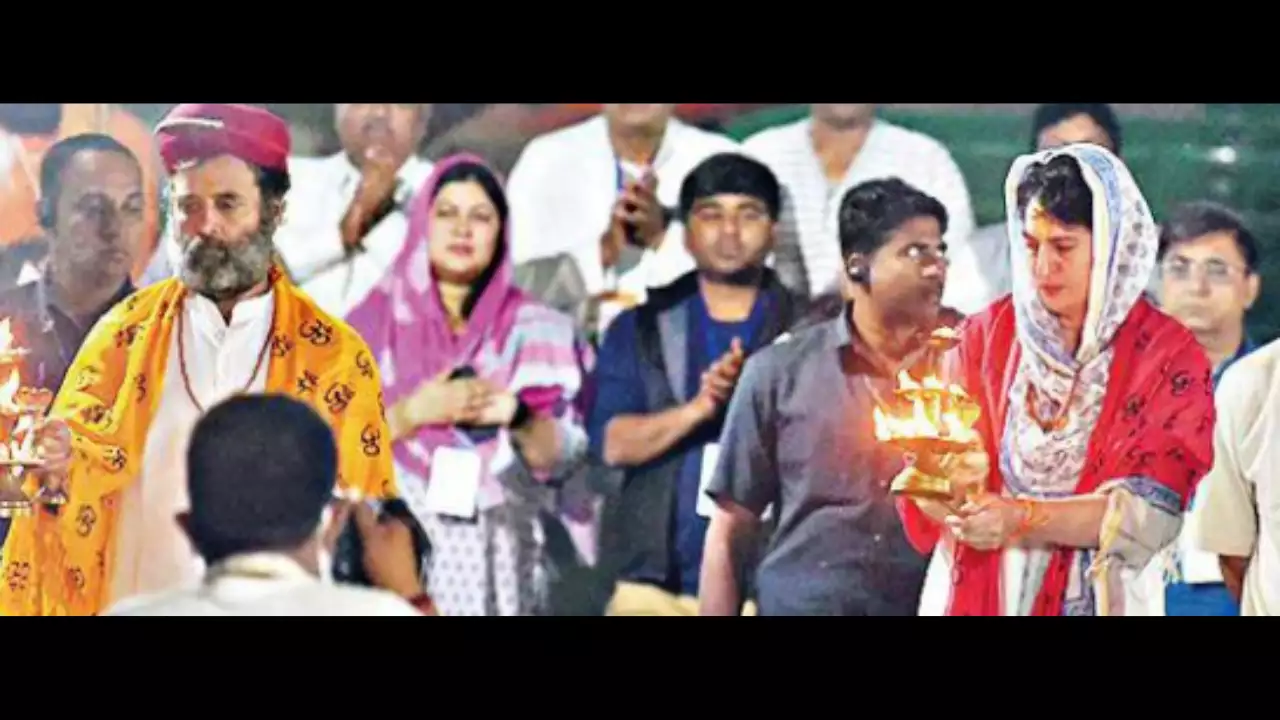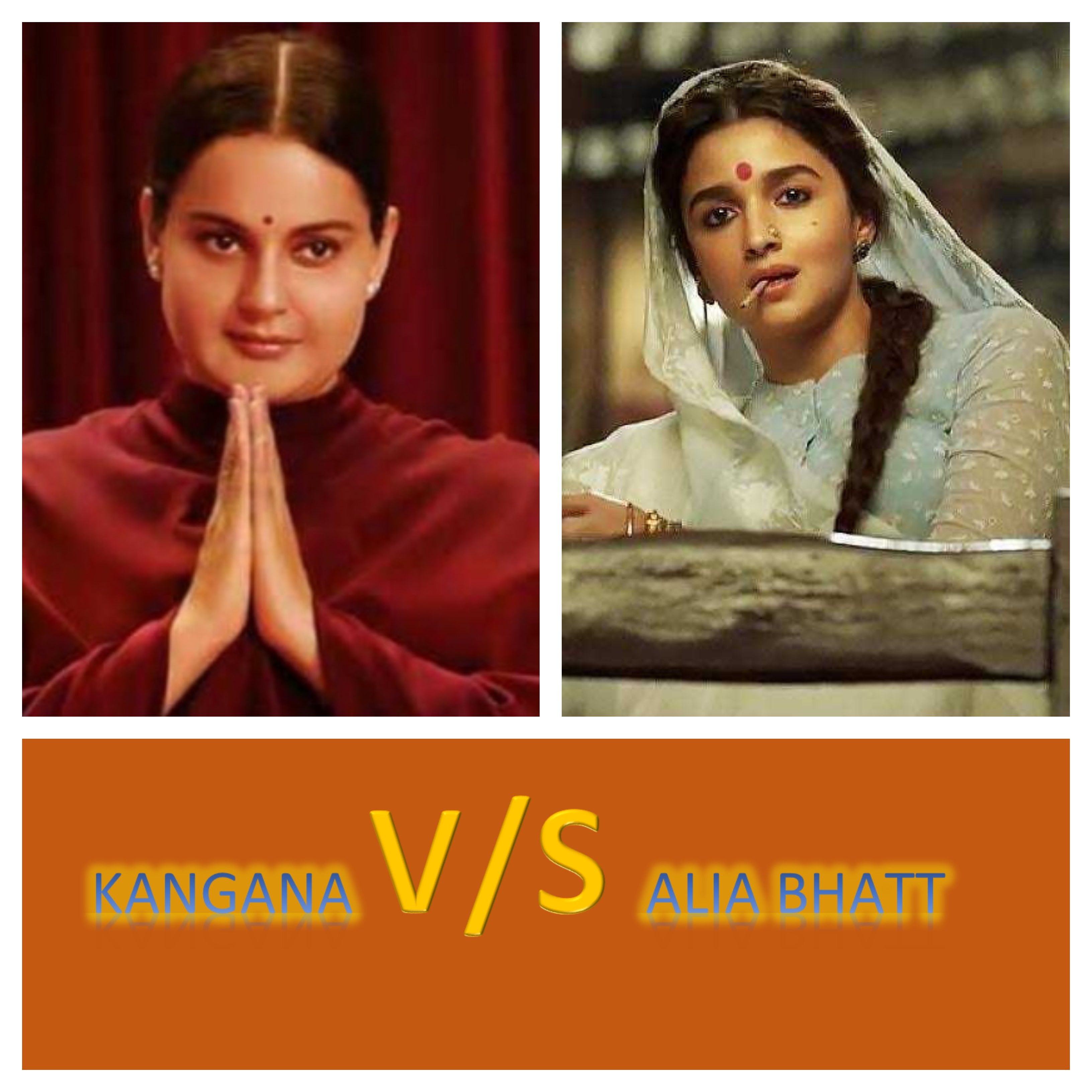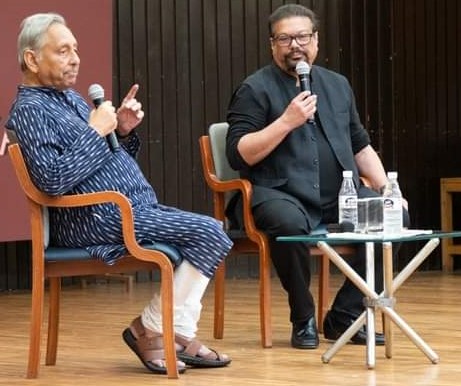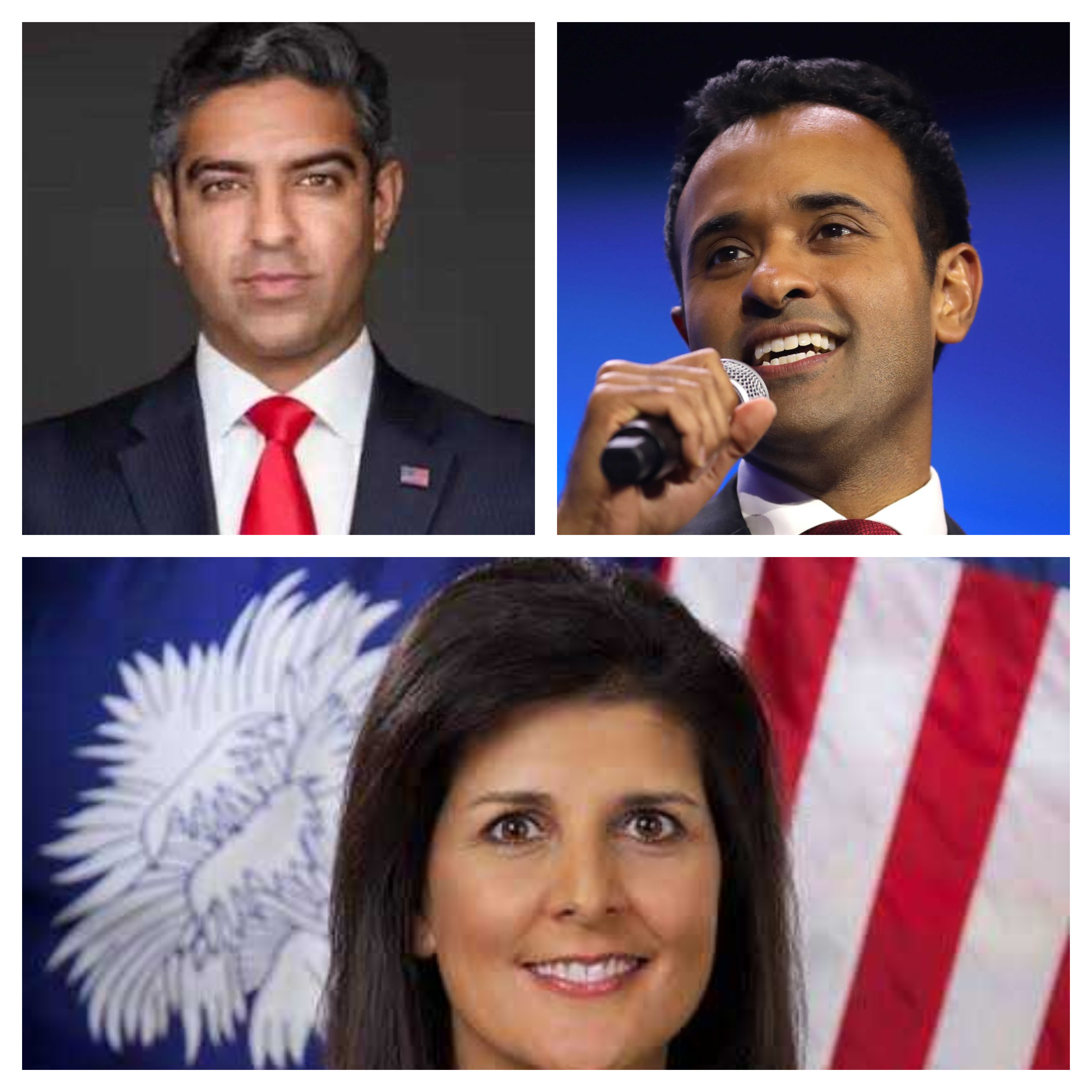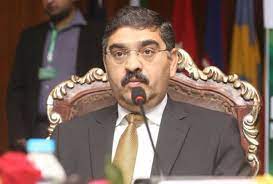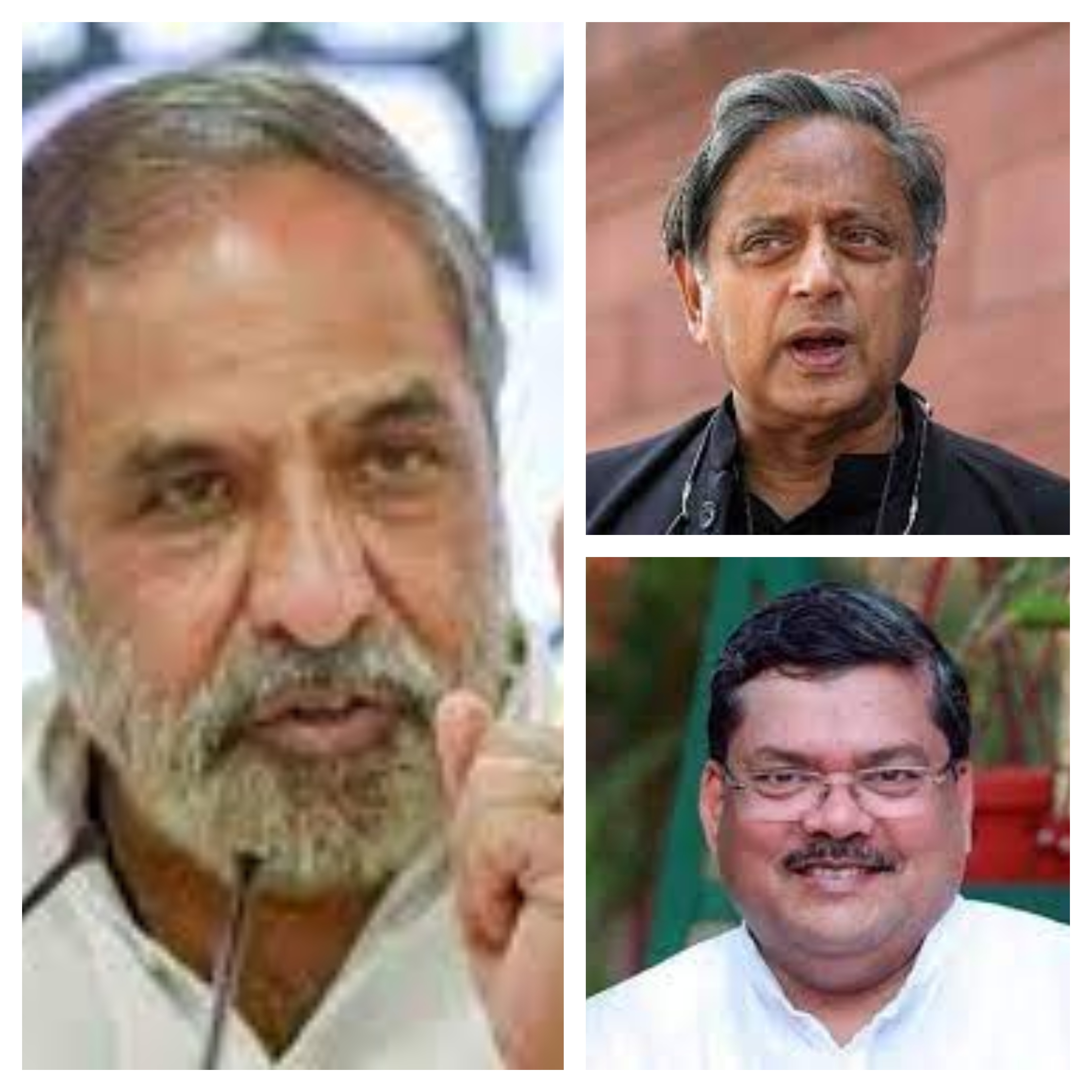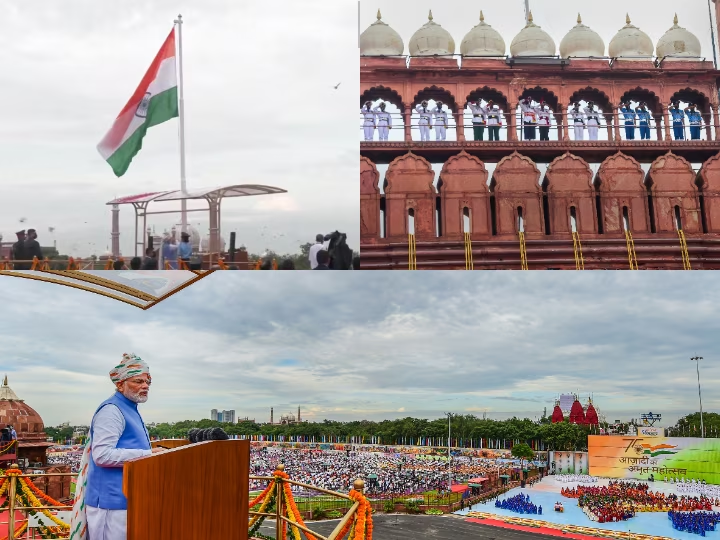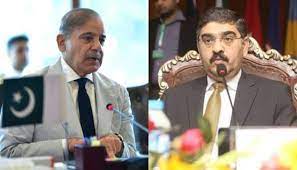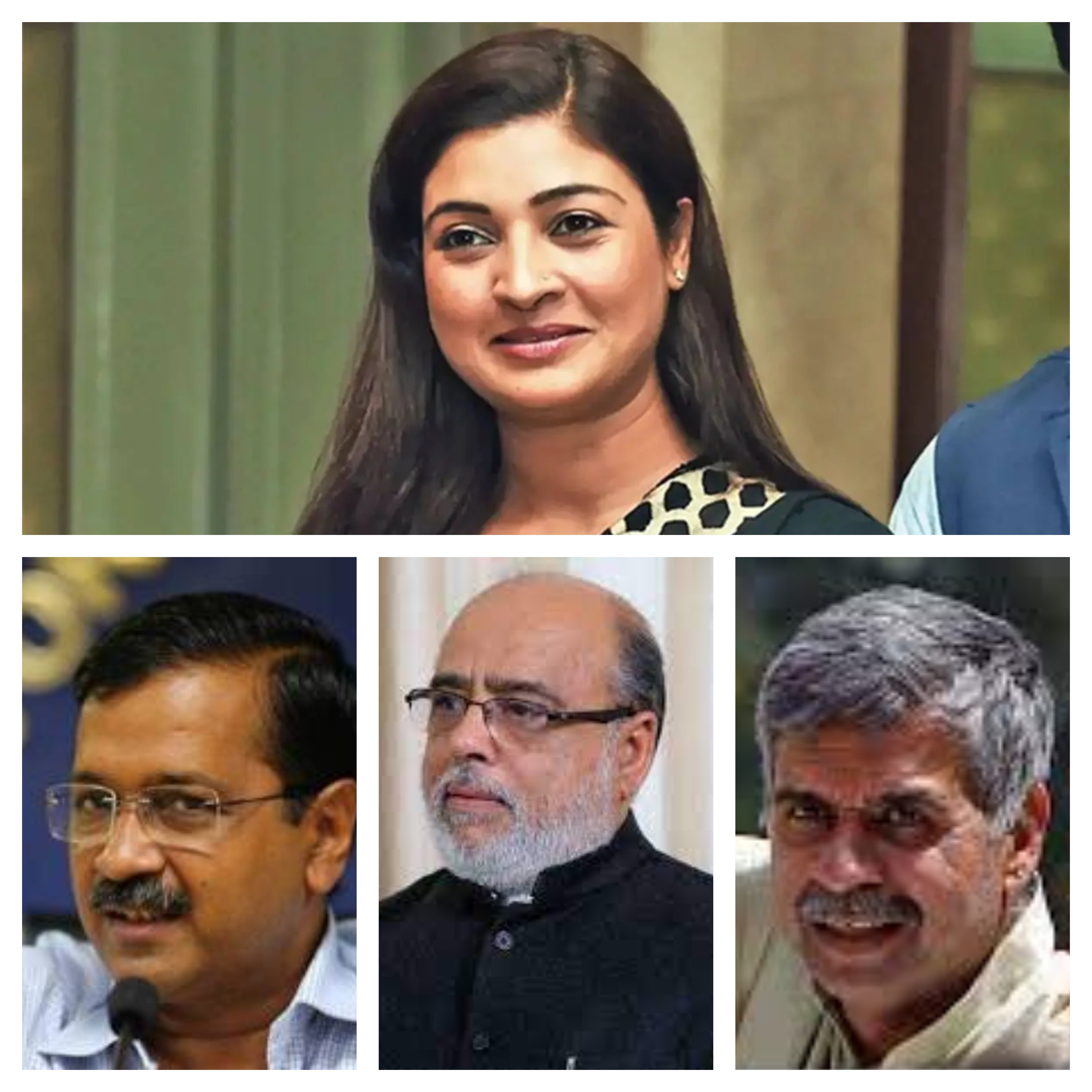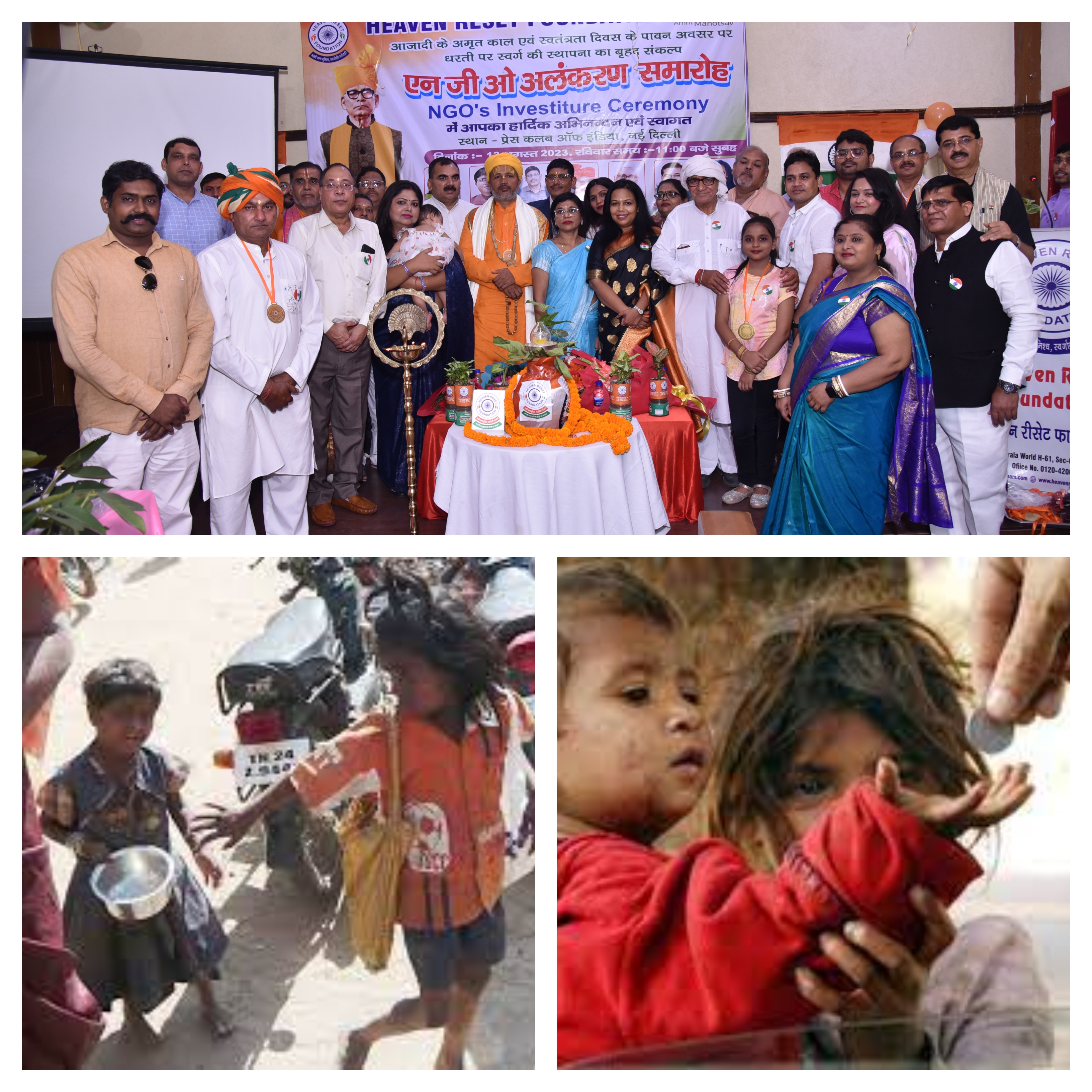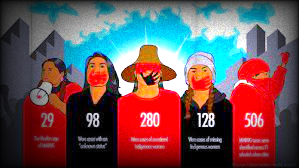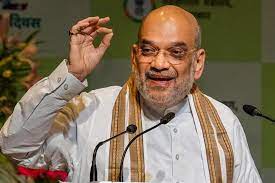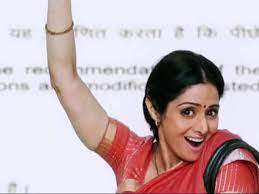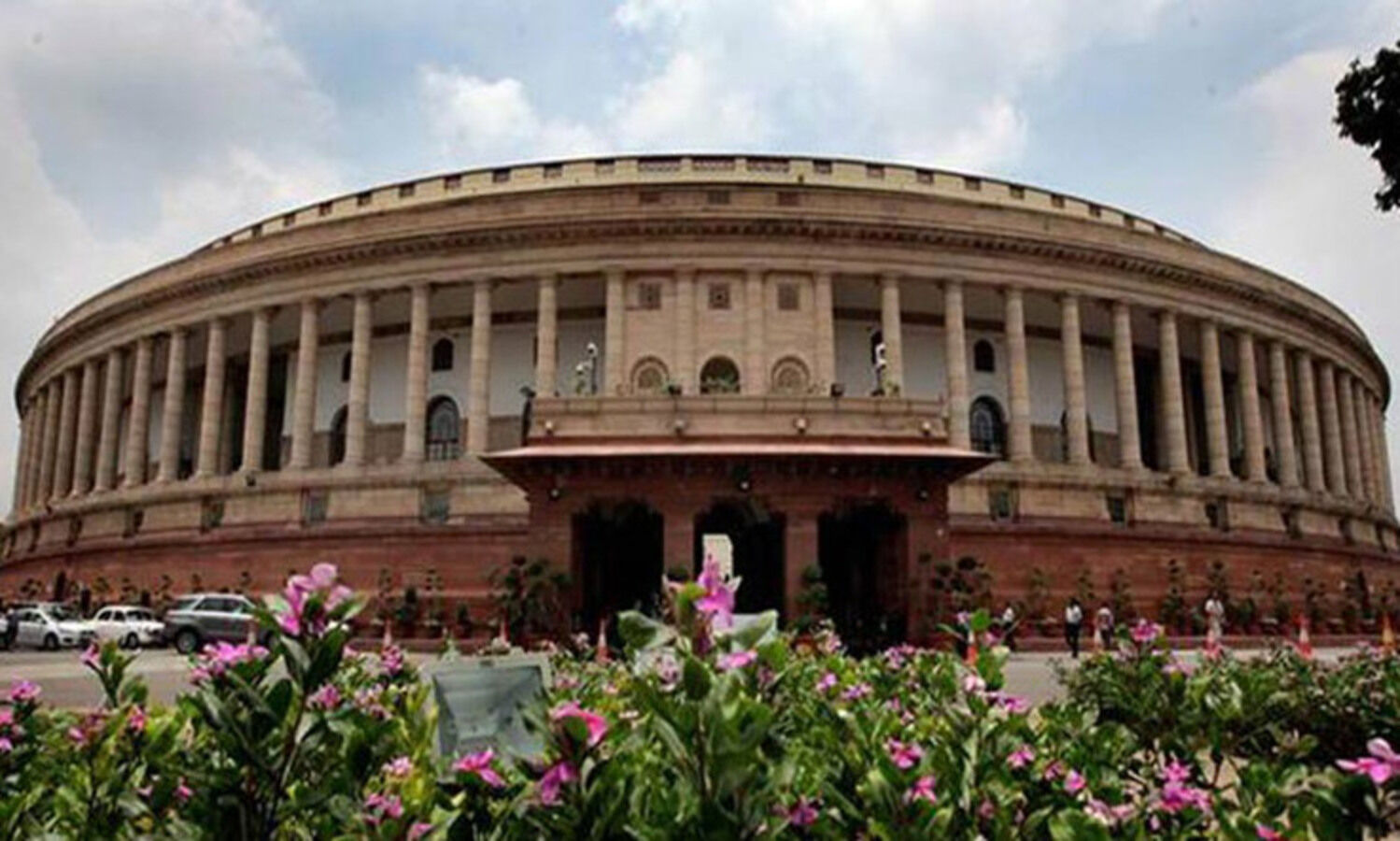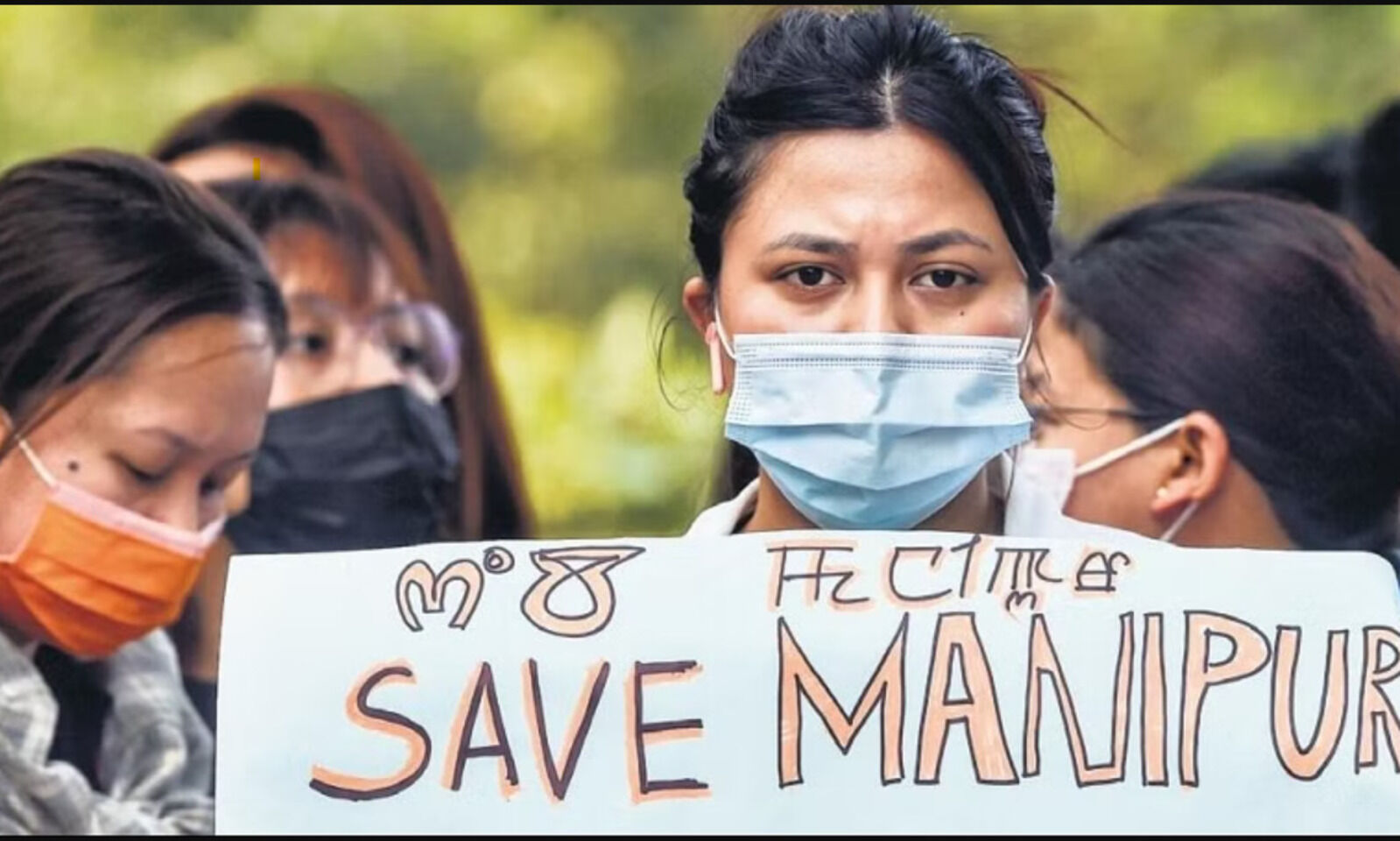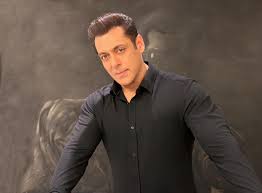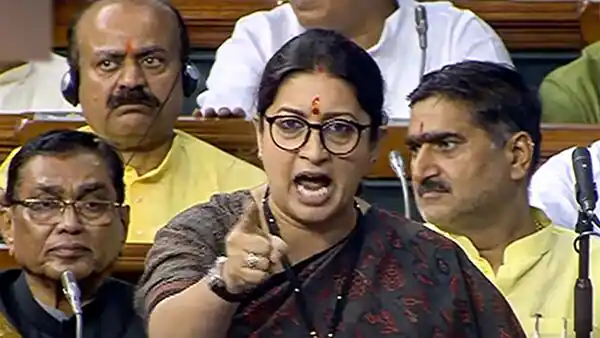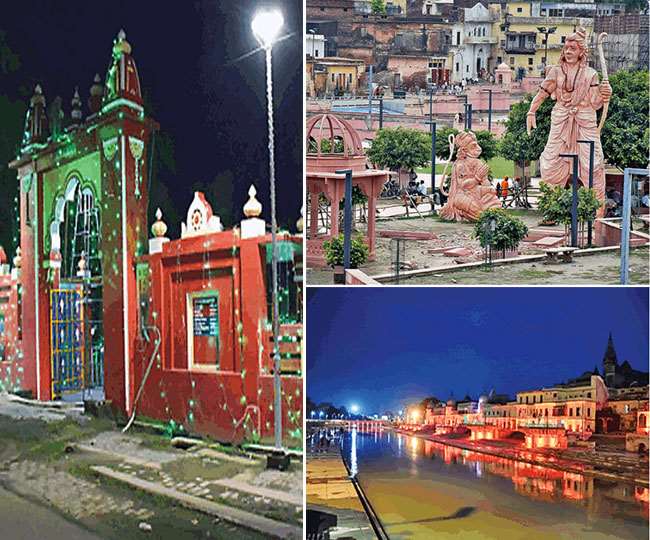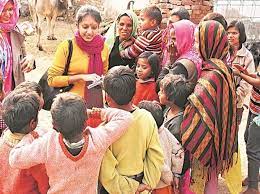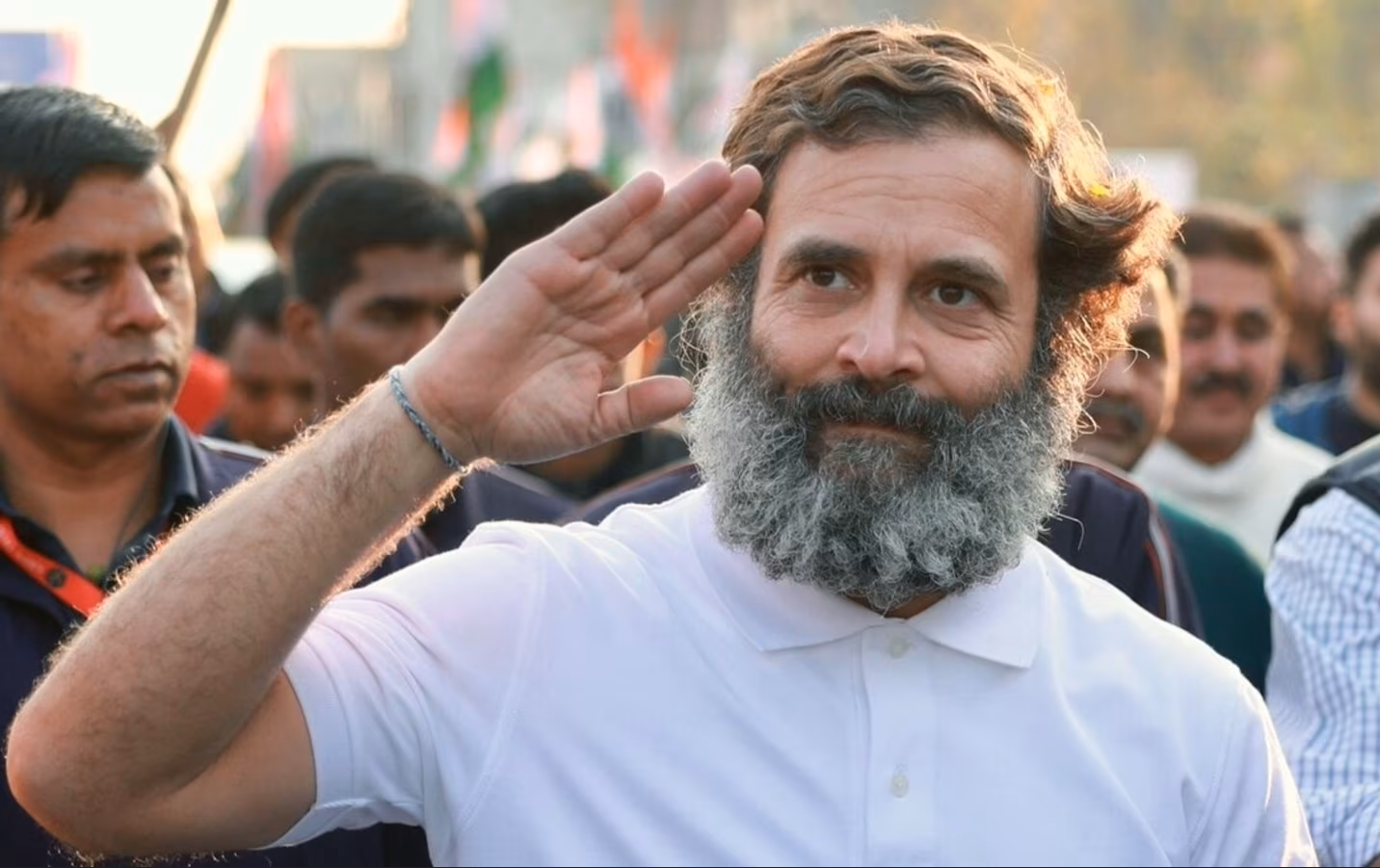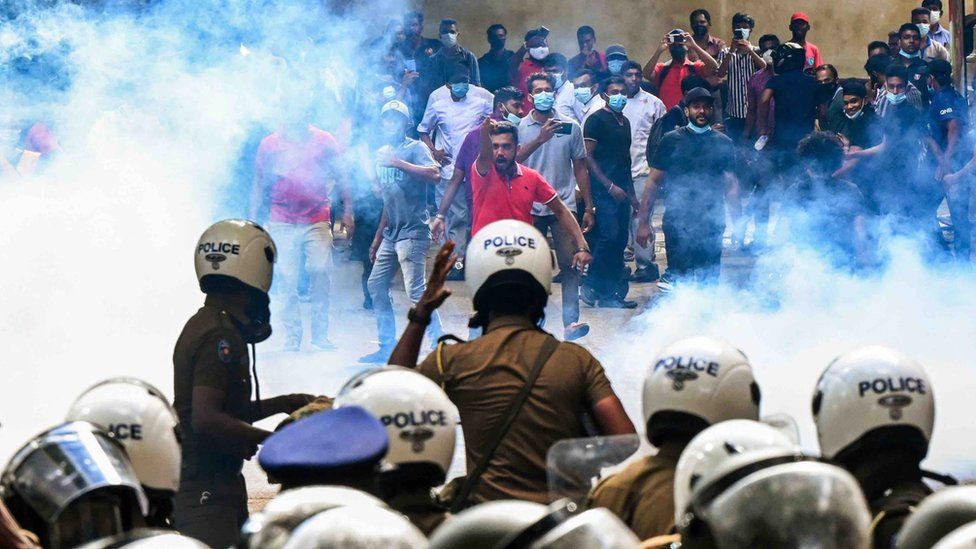23
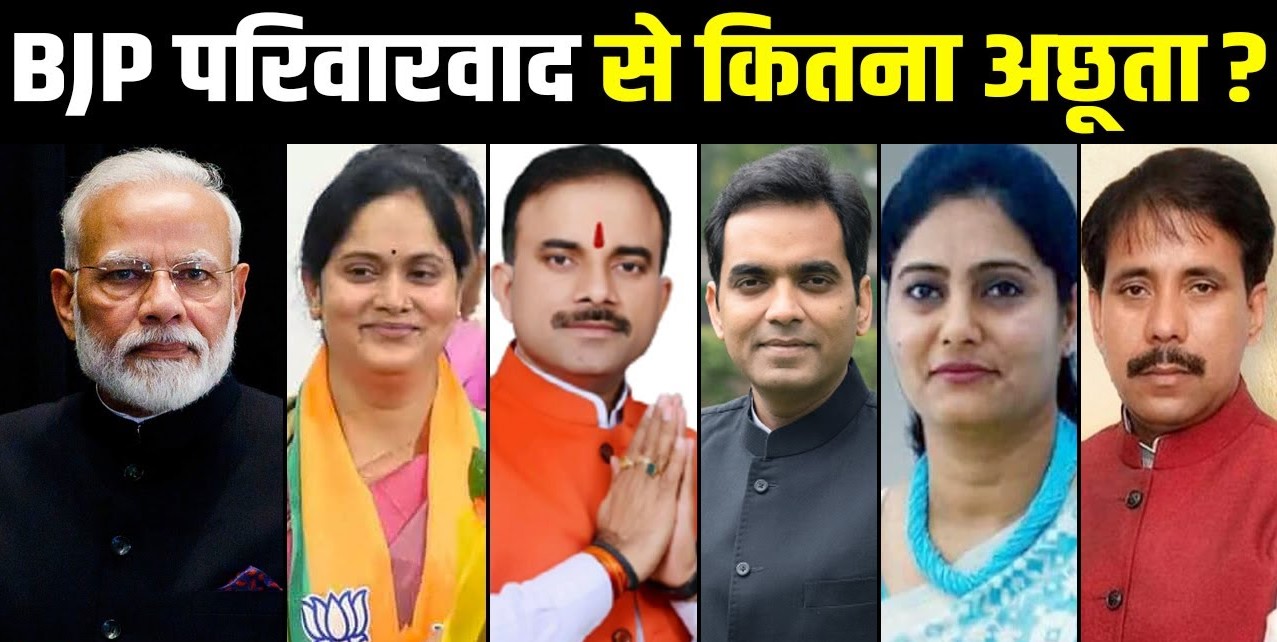
New Delhi, August 23, 2023
Prime Minister Modi has picked up the word quit to fit into his old narrative of criticism of what they call the Nehru- Gandhi Dynasty

Pradeep Mathur
Prime Minister Narendra Modi has tried to score some brownie points by using the Quit India Movement’s 81st anniversary to call for the need to quit parivarvad, quit corruption and quit appeasement. This is no doubt another example of saffron brigade’s tremendous skills in coining phrases and using icons to impress people and deflect attention from inconvenient questions . Modi has said this while reacting to the formation of I.N.D.I.A. , the Opposition alliance , then speaking on the no-confidence in the Lok Sabha and again in his Independence Day speech from the Red Fort.
Under severe pressure on Manipur and alarmed by Opposition unity, Prime Minister Modi and his BJP have to coin slogans which will have an emotional appeal for the voters. The attempt to cash in on Quit India Movement Day and highlight the celebrated leadership of Mahatma Gandhi is part of this strategy. Otherwise who does not know that the ideological fathers of the RSS-BJP political stream opposed the Quit India Movement and gave their support to the besieged British Raj government in India in the year 1942 .
Prime Minister Modi has picked up the word quit to fit into his old narrative of criticism of what they call the Nehru- Gandhi Dynasty , put emphasise on his anti - corruption crusade and voice his anti-minority ( read Muslim ) approach that has brought him so far in Indian politics., This anti- appeasement narrative has brought BJP to new highs of political power and the party believes that this narrative will win it another term.
While it is for voters to decide as to how they react to Modi's Quit Parivarvad, Quit Corruption And Quit Appeasement coinage, we can make
an objective analysis of their veracity.
Let us talk about Parivarvad and find out its genesis , reasons for its prevalence in our politics and it’s undesirable impact on our democratic polity which is bothering the Prime Minister.
But before we analyse this we must know two things very clearly.Modi enjoys no great reputation as a champion of democratic rights of the people. In fact his record on democratic governance is being seriously questioned in the country as well as abroad. The other thing is that when Modi speaks against parivarvad he means only Nehru -Gandhi family and none else. The term Parivarvad or dynastic rule of Nehru-Gandhi family has been used by Modi to run down the Congress party with considerable success and nobody should be surprised if he is using it again when elections are so close.
Let us have a look at the Nehru-Gandhi family and the Congress party which ruled till the year 2014 when Modi " liberated" India from dynastic rule and ushered "genuine democracy" in the country
In about 62 years since the First General Elections in 1952 till Modi became prime Minister in 2014 the Nehru-Gandhi family gave the country three prime ministers who occupied office for a total 30 years – Nehru 12 years , Mrs Indira Gandhi 9+4 = 13 years and Rajiv 5 years . Total is 30 years. Even if we take the period between the Independence in 1947 and the First General Elections in 1952, the tenure of Nehru was about 17 years and a total of 35 years for the entire Nehru-Gandhi clan .
What sort of dynasty is this which rules India for just 35 out of 76 years and that too with intermittent breaks of 19 to 30 months ?
Then in a democratic society where free elections are held and the press is free to write , criticise and question those in authority , the talk of parivarvad does not make sense. If members of successive generations of a family are getting elected it is the voters who are keeping them in power . It is quite natural for son or daughter or even the nephew of a successful political leader to wish to have a career in politics. But whether they will have it or not is neither in their hands nor in their family's hands.It is something which is in the hands of voters who elect them and the media which critically assesses them.
Sons and daughters of many leaders , including great leaders like Mahatma Gandhi and Sardar Patel, could not click in public life. Nothing was heard of the children of Maulana Azad, Rafi Ahmed Kidwai and Dr B.R. Ambedkar. Some like Ajit Singh , Loknath Tripathi and more recently Chirag Paswan remained in politics but could never acquire the stature of their fathers .
BJP has many leaders whose two or three generations have been in politics. Three ministers in Modi’s present cabinet are sons of those who have been BJP leaders and have held high positions in the party and BJP governments. Many of the Opposition leaders like Jyothiaraje Scindia who migrated to BJP are third generation politicians of a family.
By a rough estimate out of about 20,000 or so people in active politics as legislators, parliamentarians or office-bearers of different parties , at least 10, 000 have their sons, daughters and close relations in politics. Therefore, the so-called parivarwad is a usual norm and no exception in Indian politics.
If the Prime Minister is really serious about removing parivarvad from Indian politics he should set an example by first starting from his own party. He should deny political office and tickets to all those whose fathers have enjoyed political offices.
However, Prime Minister Modi cannot do this. So long everybody in the BJP takes his tirade against parivarvad as a scoring point against the Congress it is all right. But any action on these lines will lead to massive revolt in the BJP which Modi and his confidants would not be able to manage.
Now let us come to the conceptual side of this. As we know, politics in this country has two distinctive features. One is that we have a system of parliamentary democracy which has been imposed on a feudal social structure . Our society got democratic governance without being prepared for it. The other thing is that in our democratic system, there's no direct or indirect source of funding for political activities or elections. Therefore, those who are financing the elections want to be sure about the credentials of the persons whom they are funding. The best way to ensure this is to know their family roots.
This is also true of the followers and supporters of senior leaders. The Indian political culture is a massive system of patronage. People trust the leader and then his family. Their expression of gratitude for their leaders who helped them in many ways also leads them to be loyal to the family. In fact in many cases what we call parivarvad is something which is enforced on a leader’s family by family friends and followers . To a considerable extend the parivarvad of a leader is often follower - driven. Orissa chief minister Naveen Patnaik and late Ajit Singh are examples of this.
The pressure and power of the followers is something we have seen in Maharashtra recently. Despite large-scale desertions from the Shiv Sena and NCP the masses have remained loyal to the beleaguered Udhav Thackeray and Sharad Pawar.
Let us also look to the practical side of the issue as well. Since politics in India is a very tough business it is natural for leaders to be looking to their sons or daughters as a helping hand . This becomes necessary to share secrets of political strategy, media management as well as finances. .
Therefore, unlike the liberal and open Western democracies, in our political culture families play a very leading role. And it is a common feature not only of the Congress but all political parties, including Prime Minister Modi’s BJP.
Modi knows this but still harps on parivarvad in the belief that people everywhere share his disdain for the Nehru Gandhi family.
But is this a fact ? Only the voters will tell us what impact Modi’s tirade against parivarvad had on them.











































































































































































































































































































































































































































































































































































































































































































































































































































































































































































































































































































































































































































































































































































































































































































































